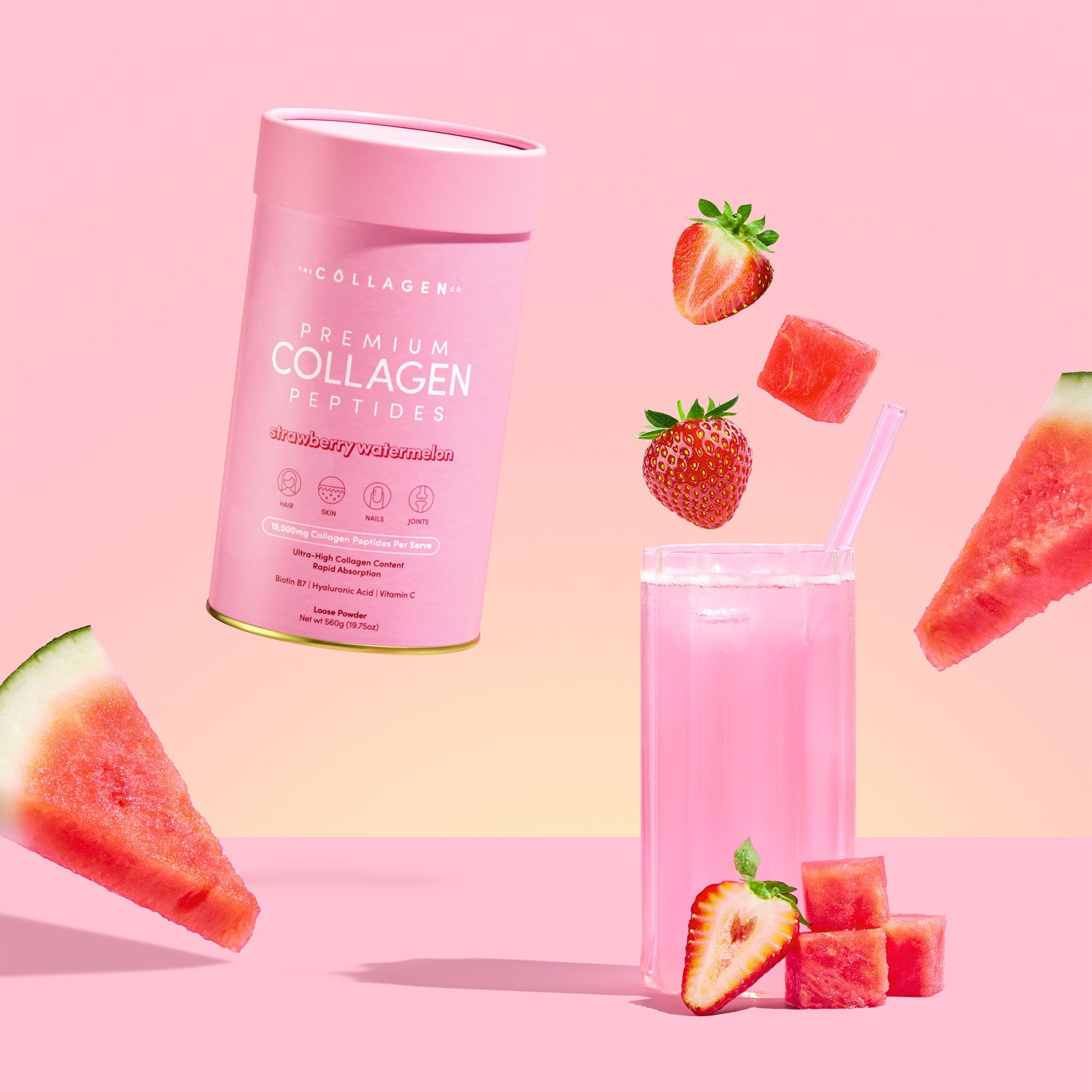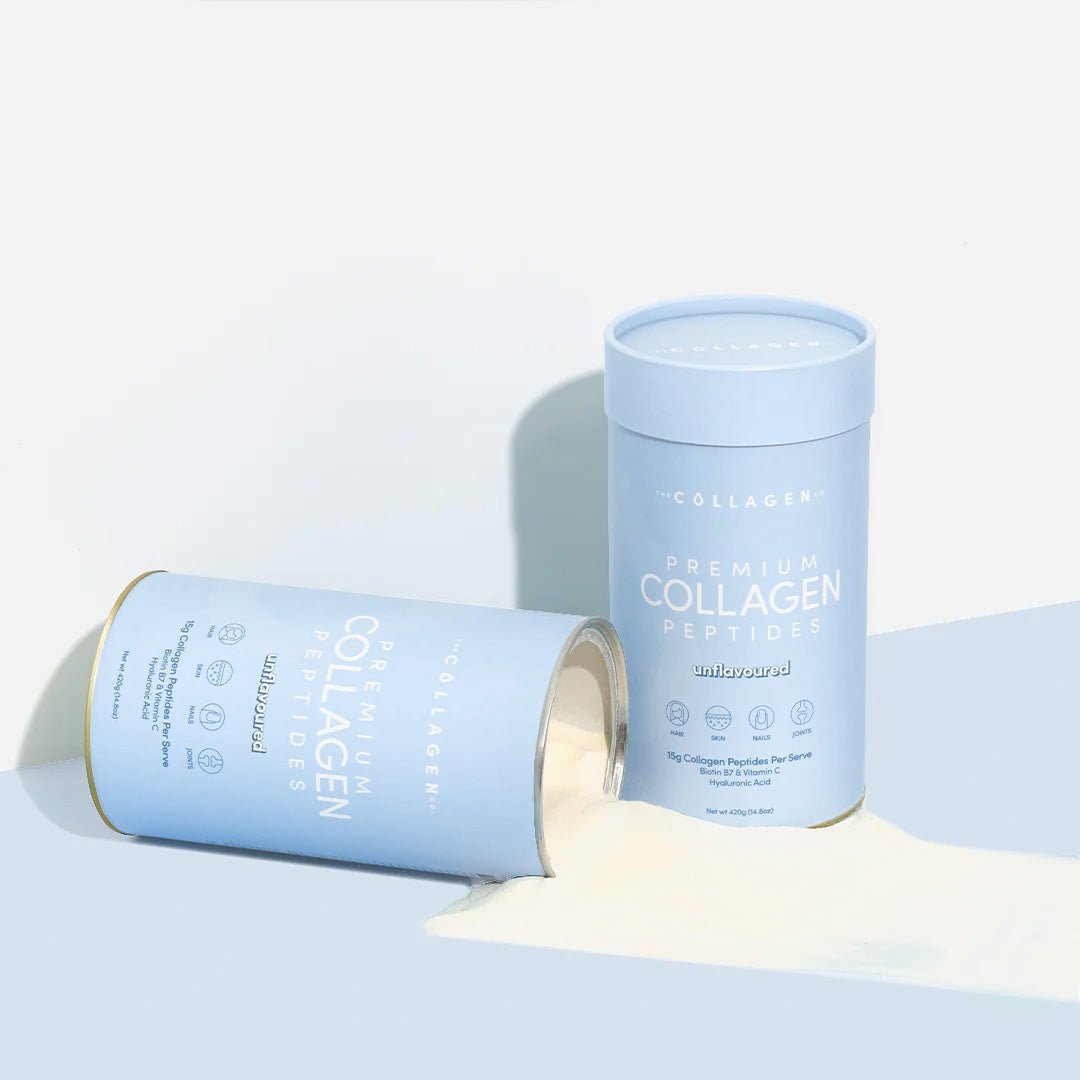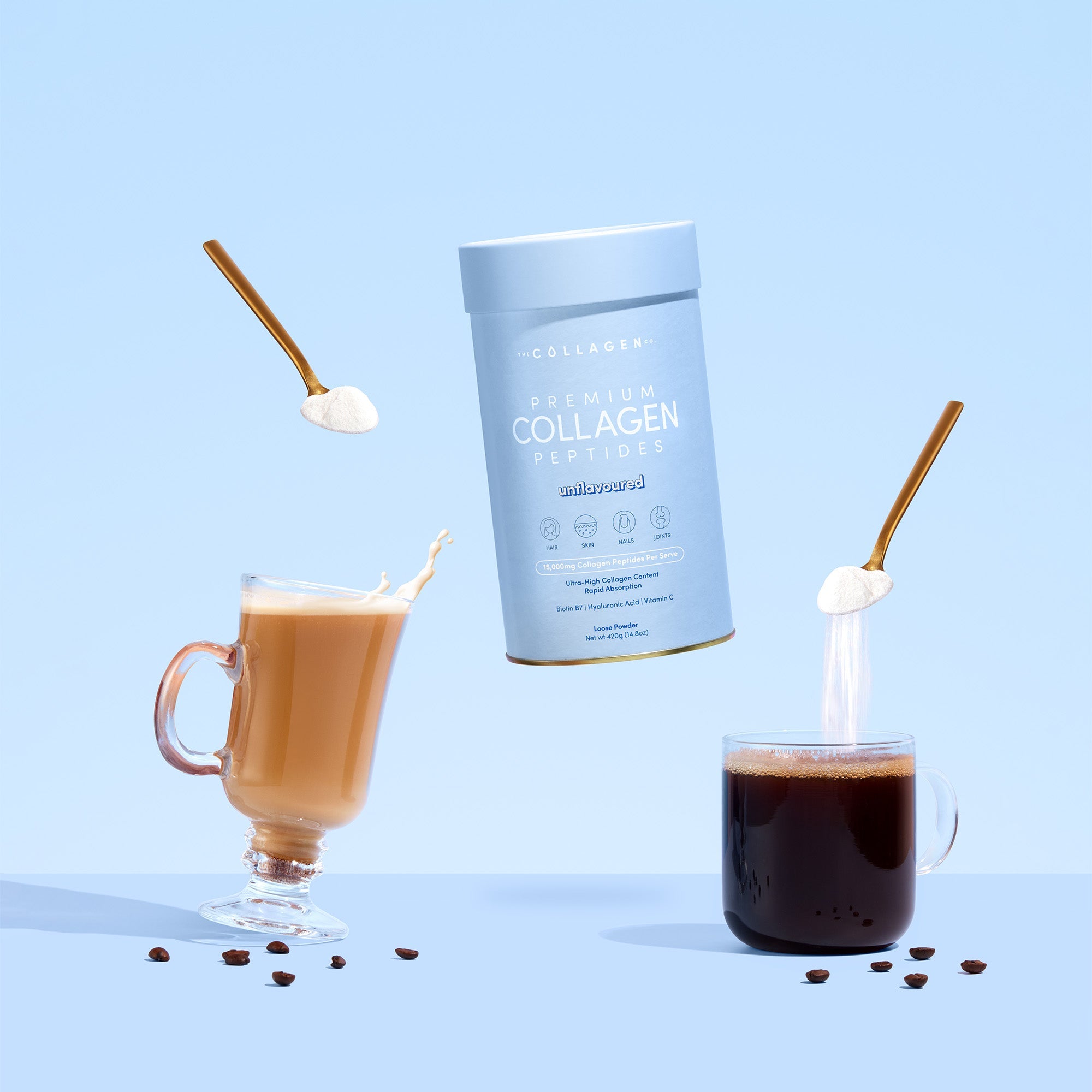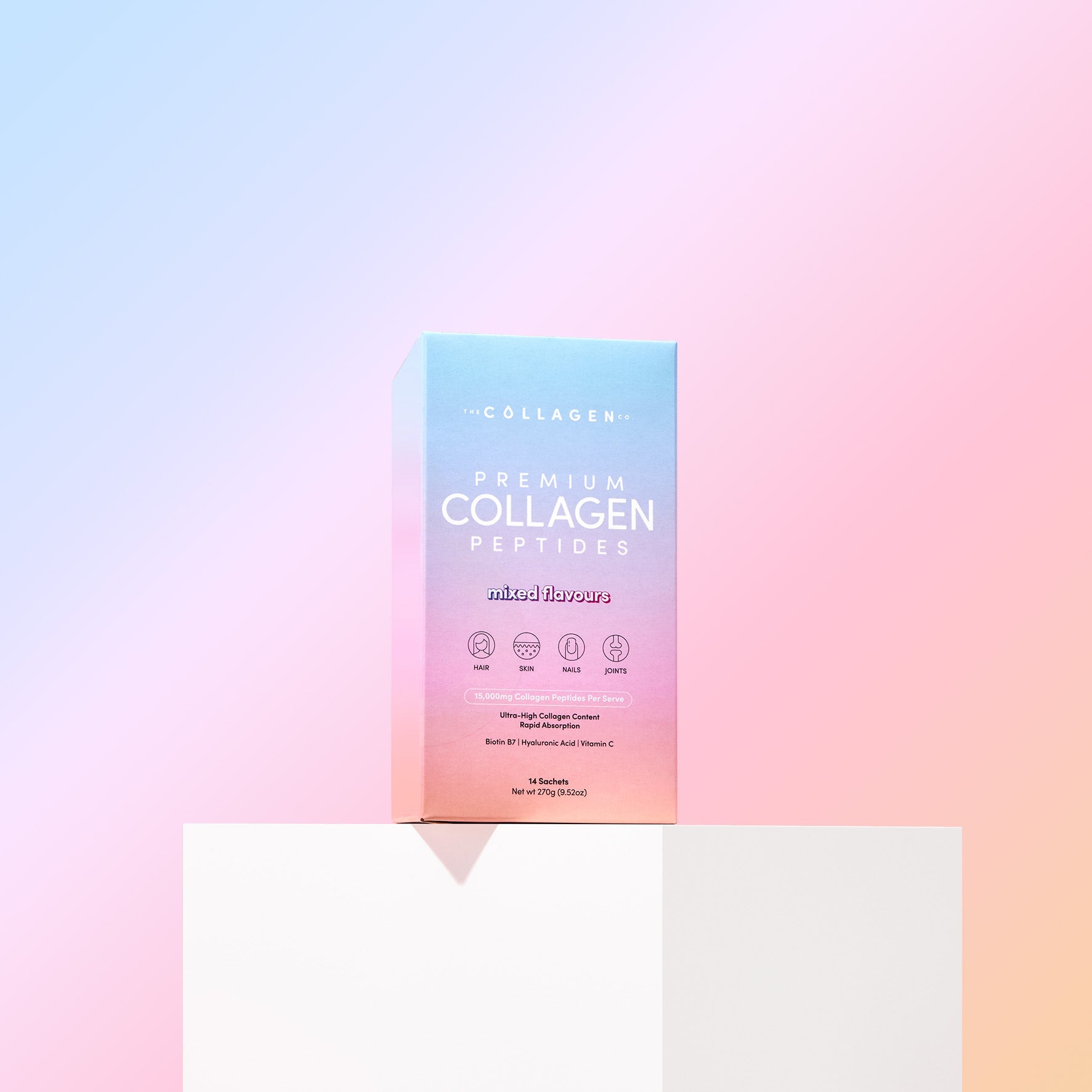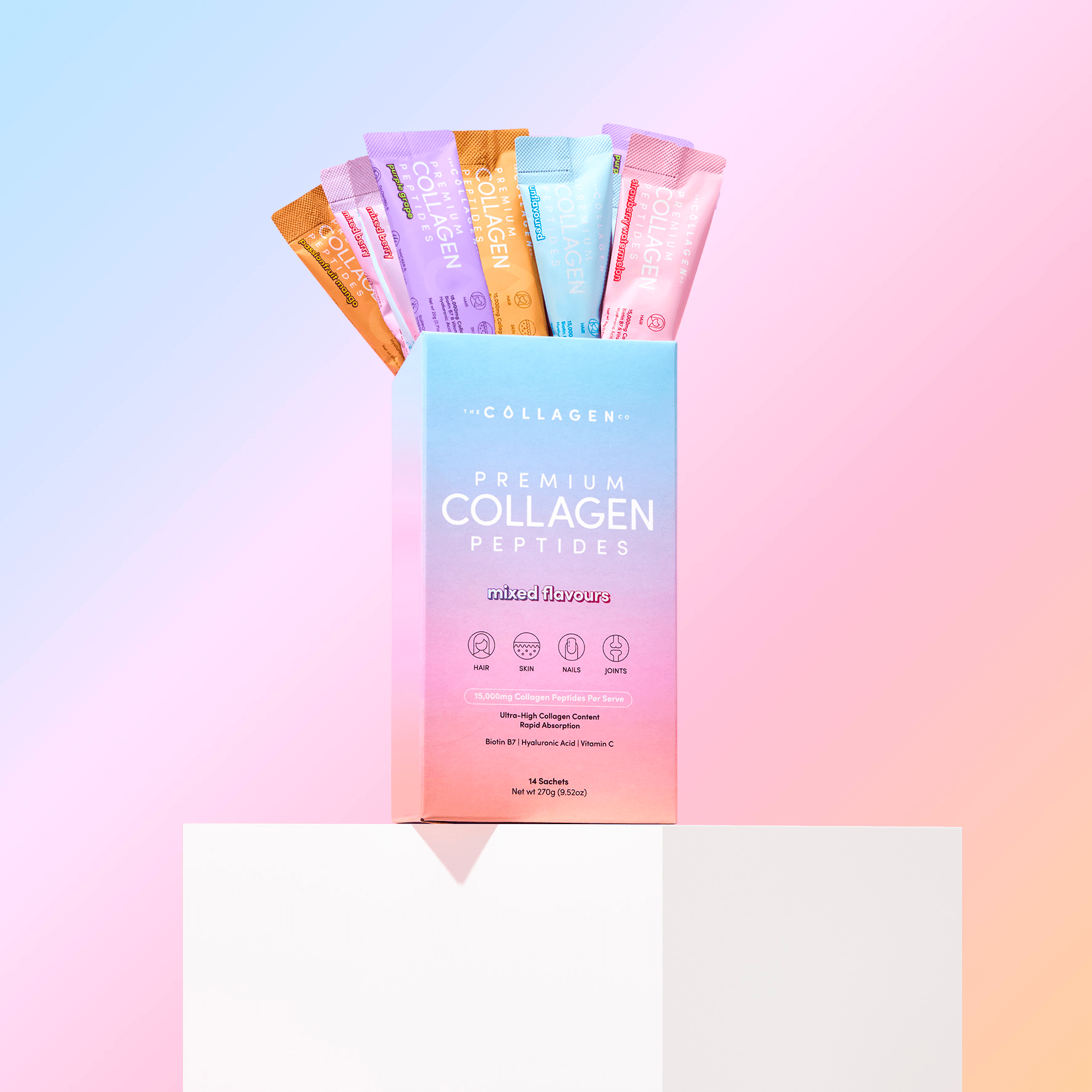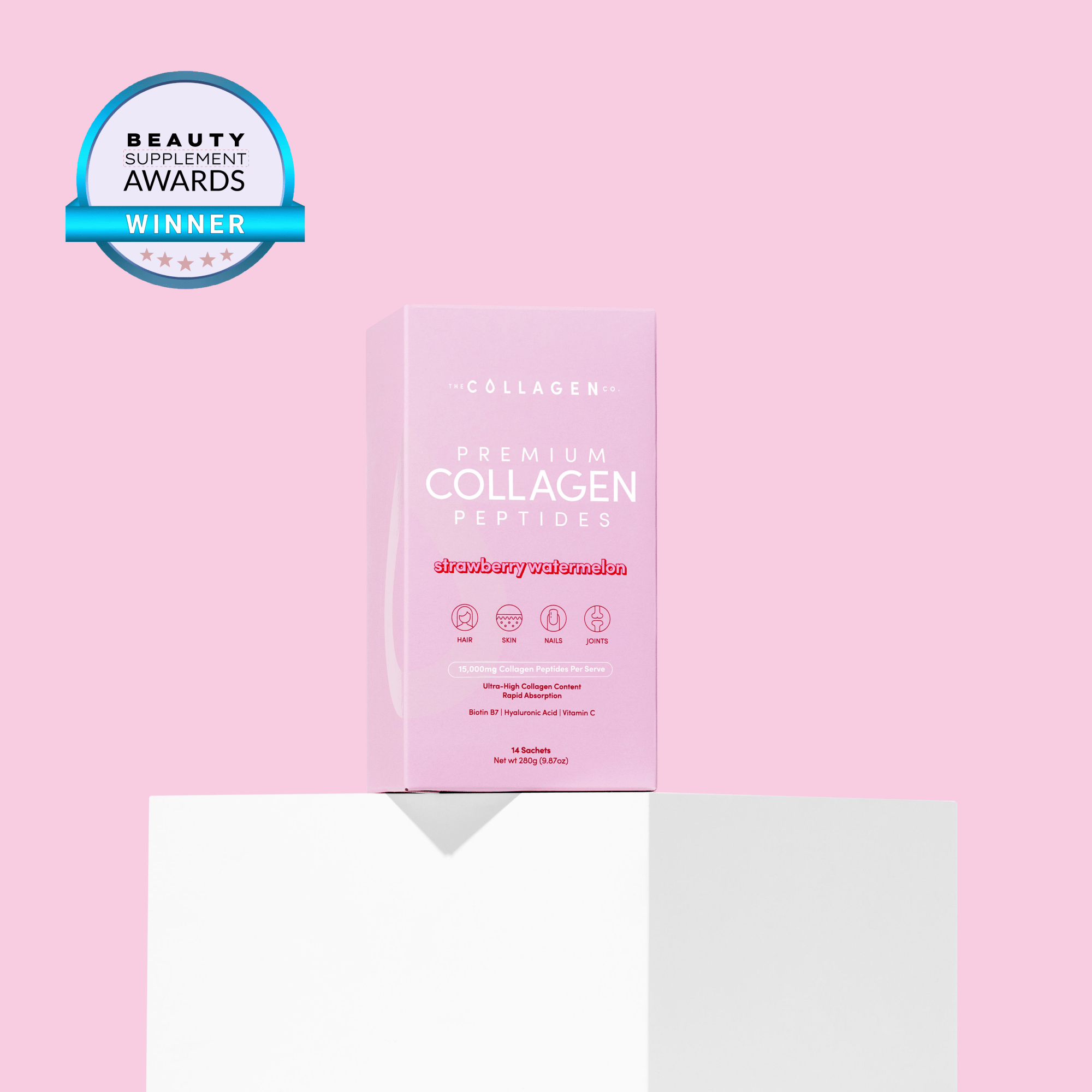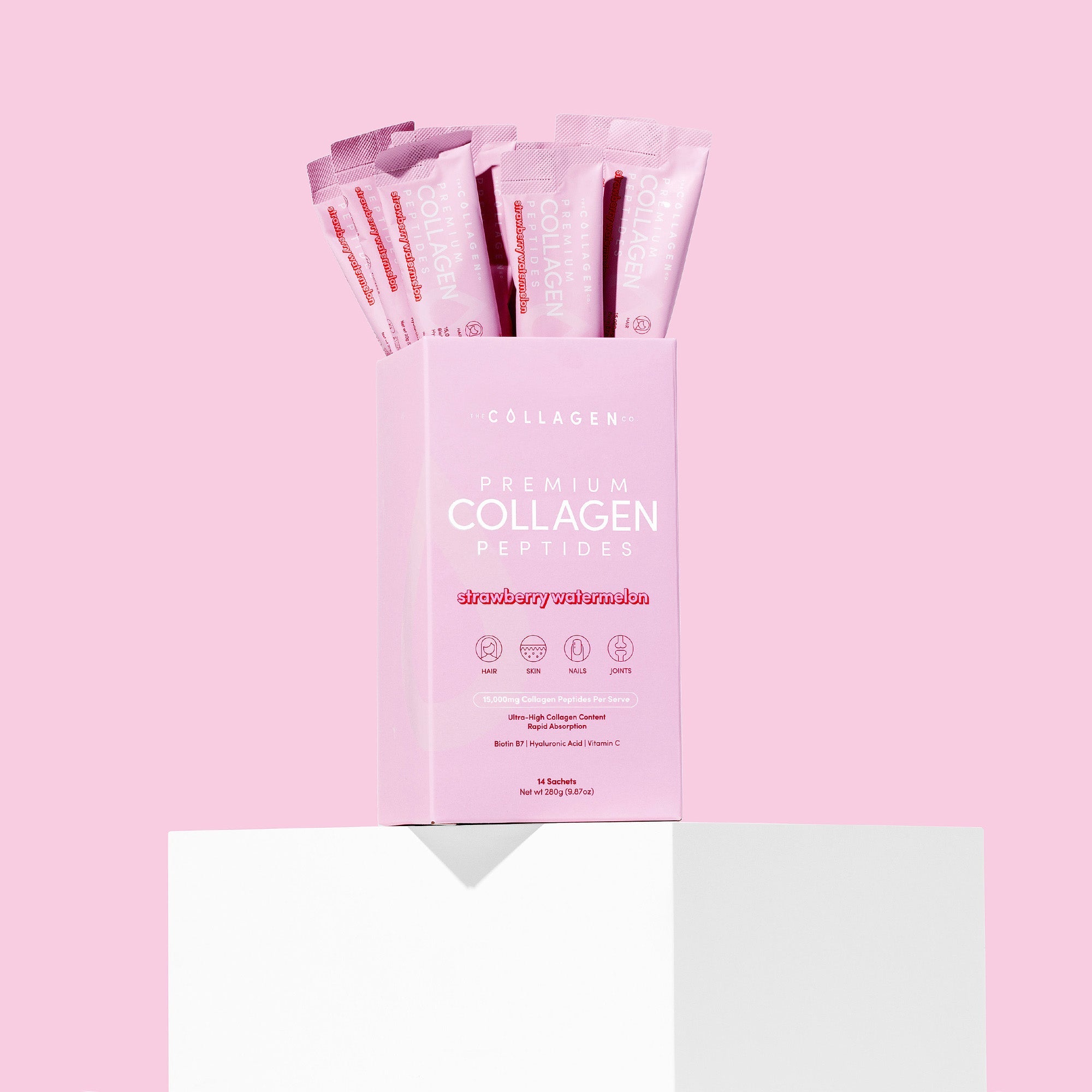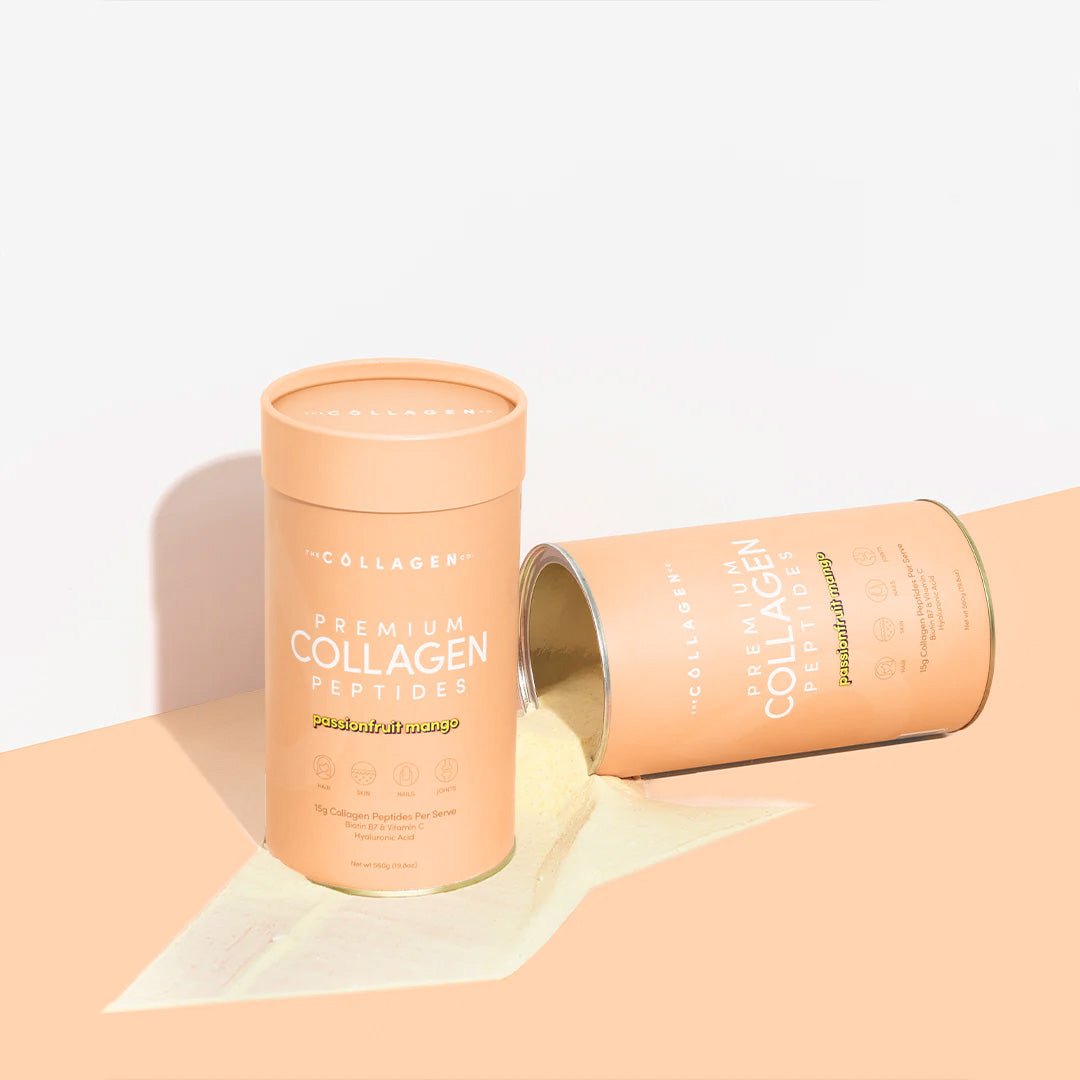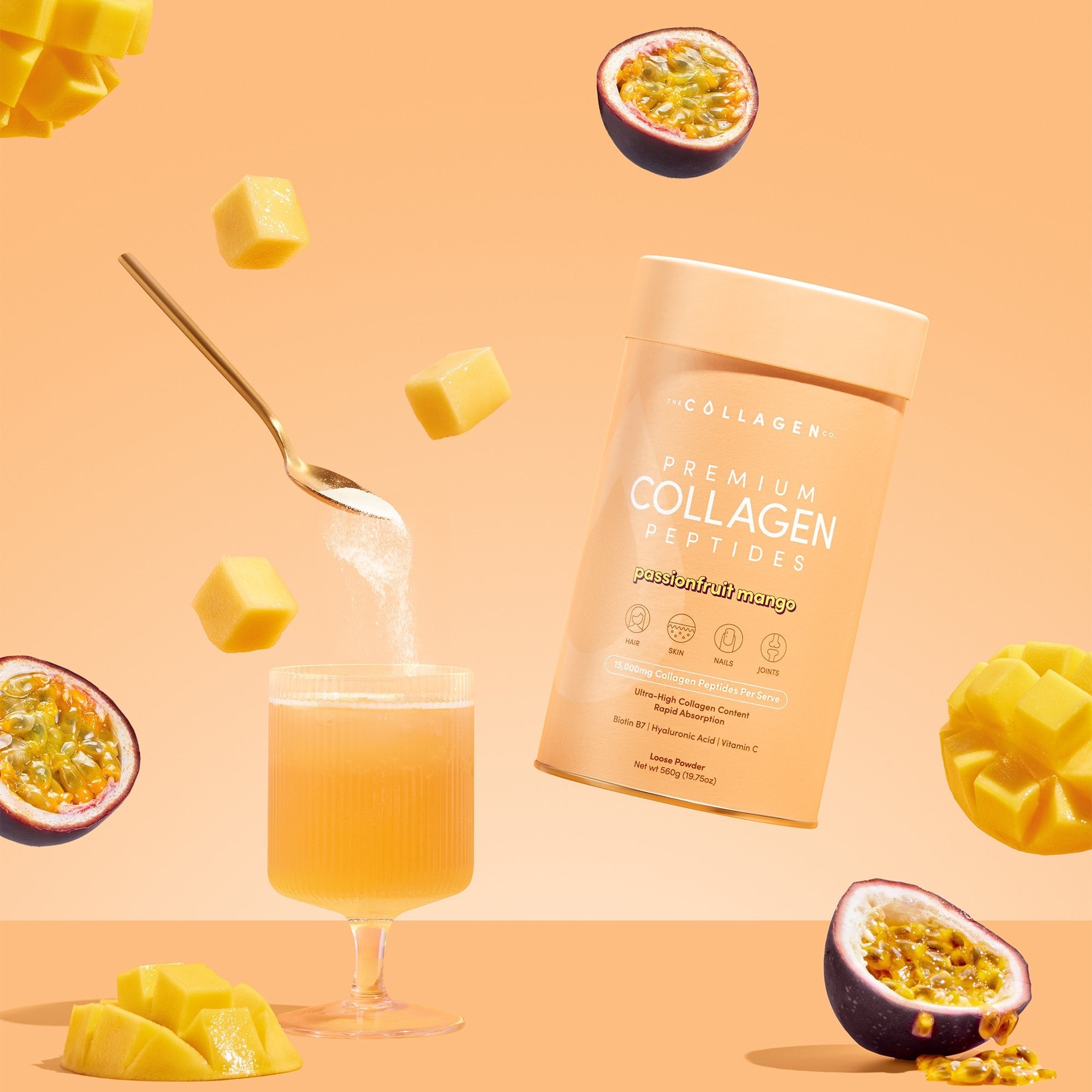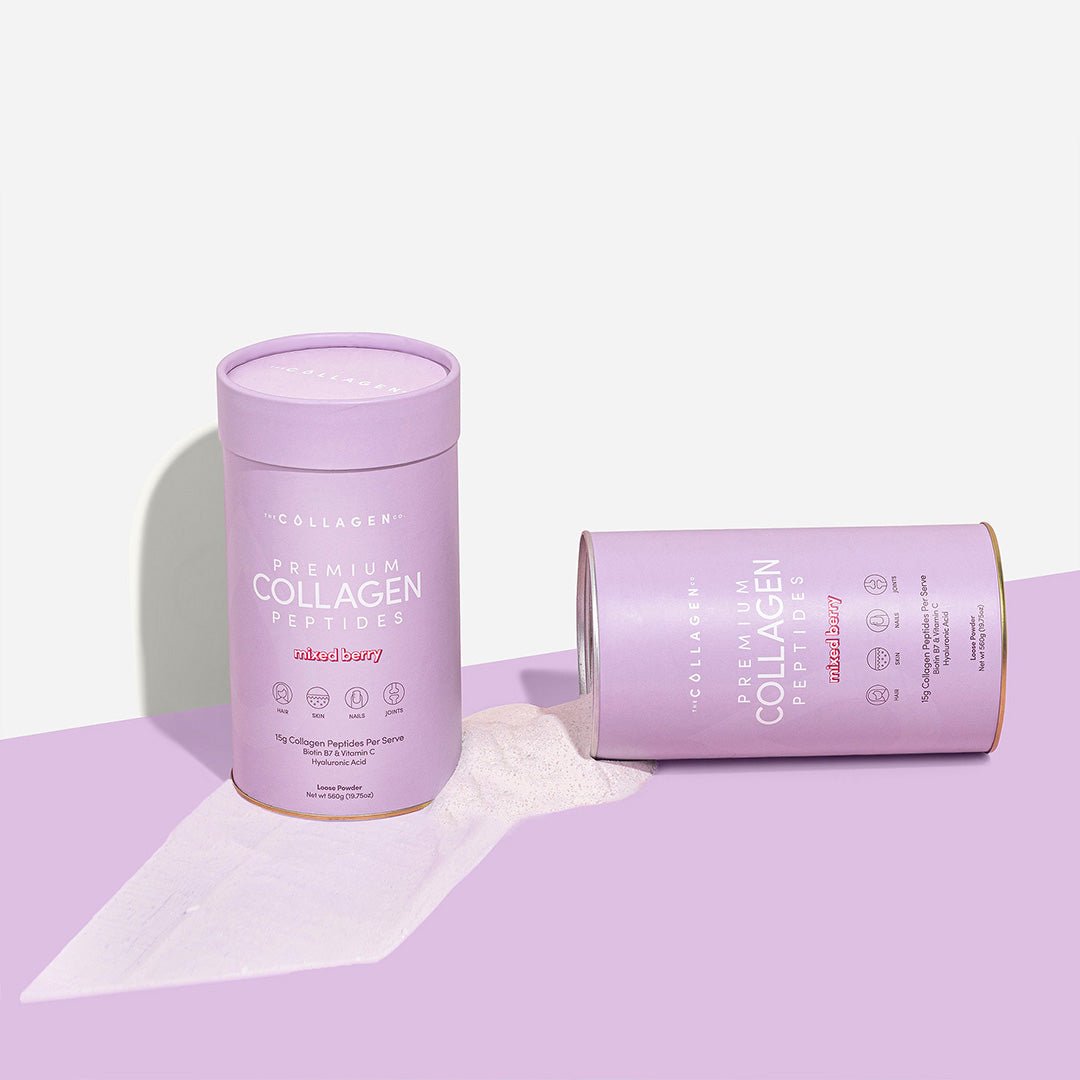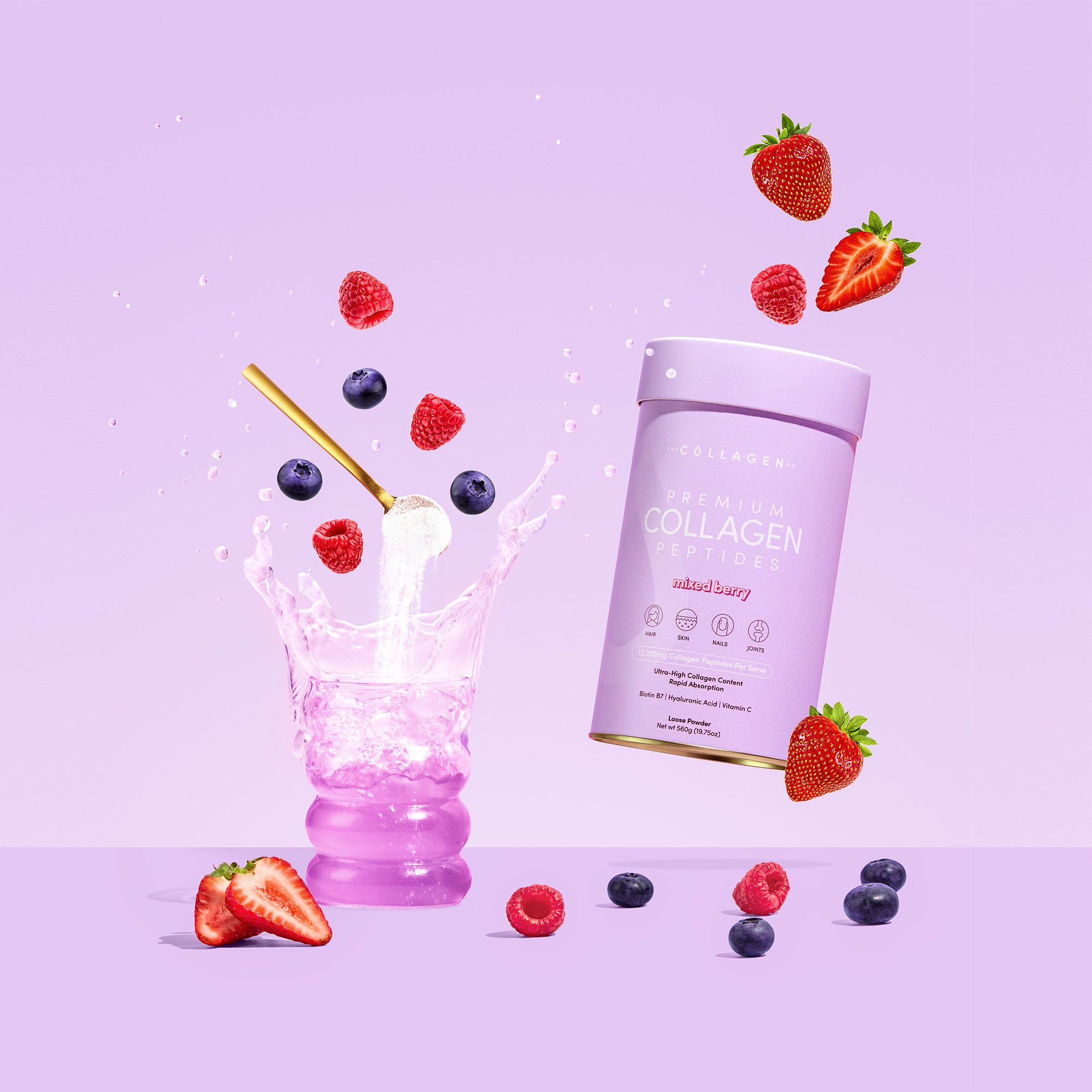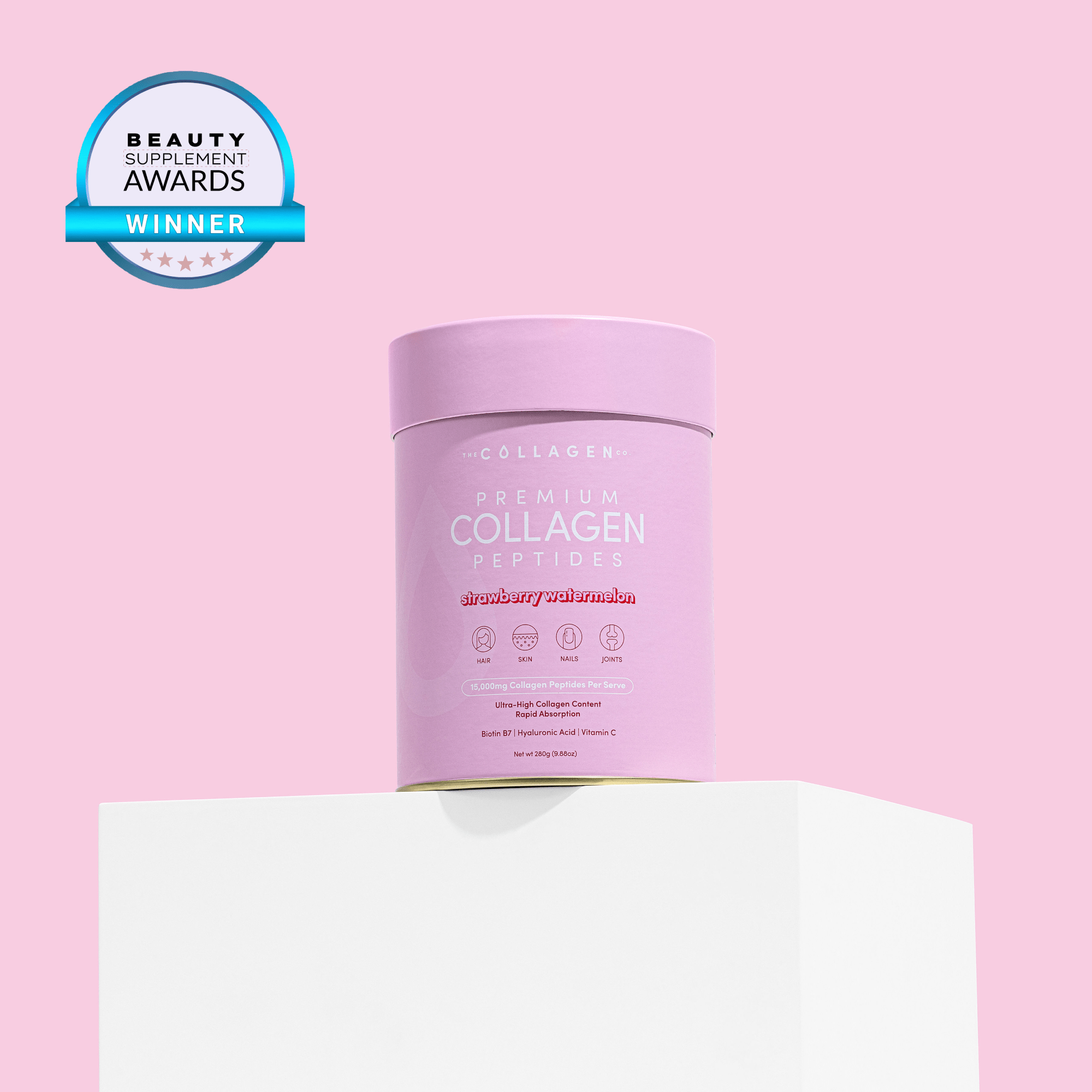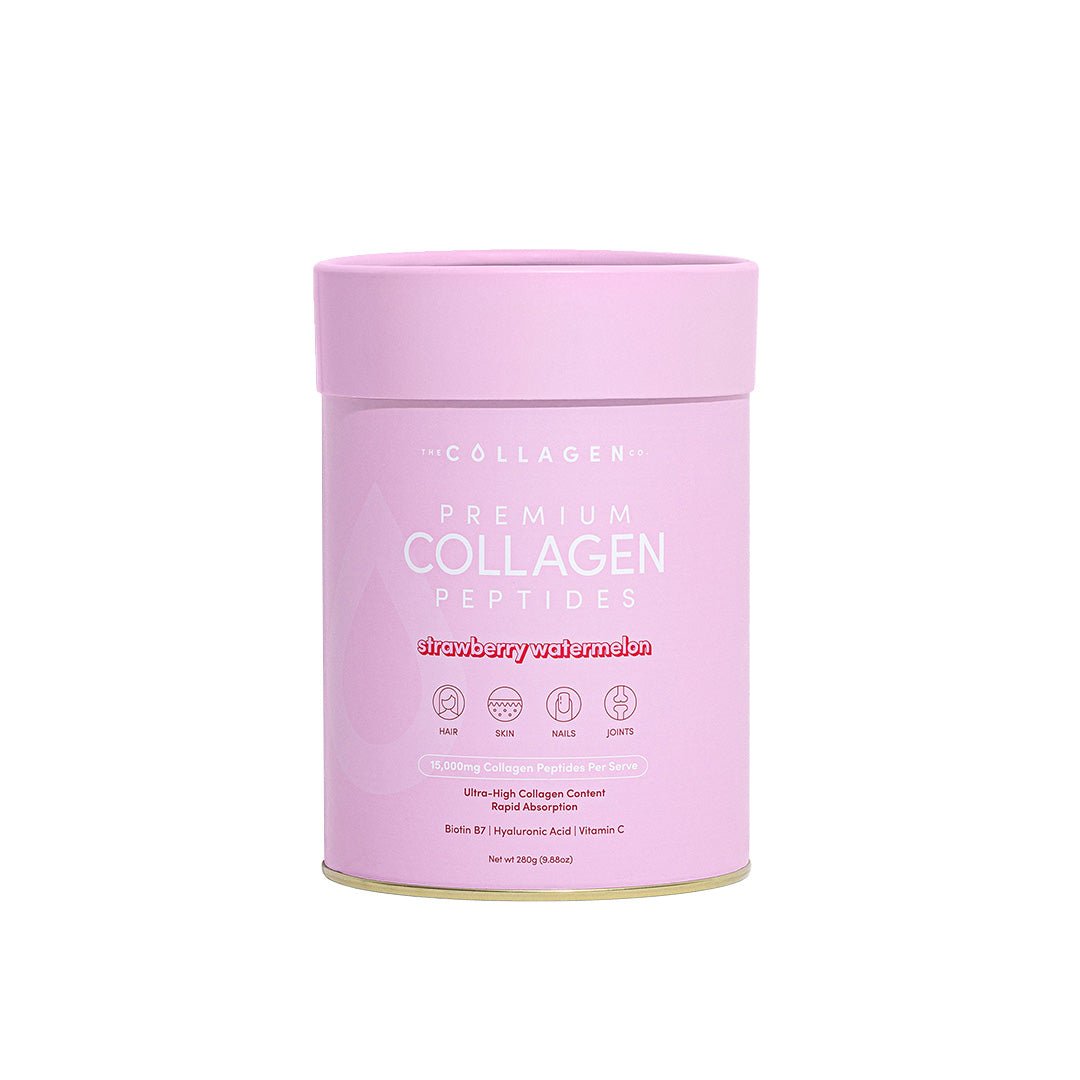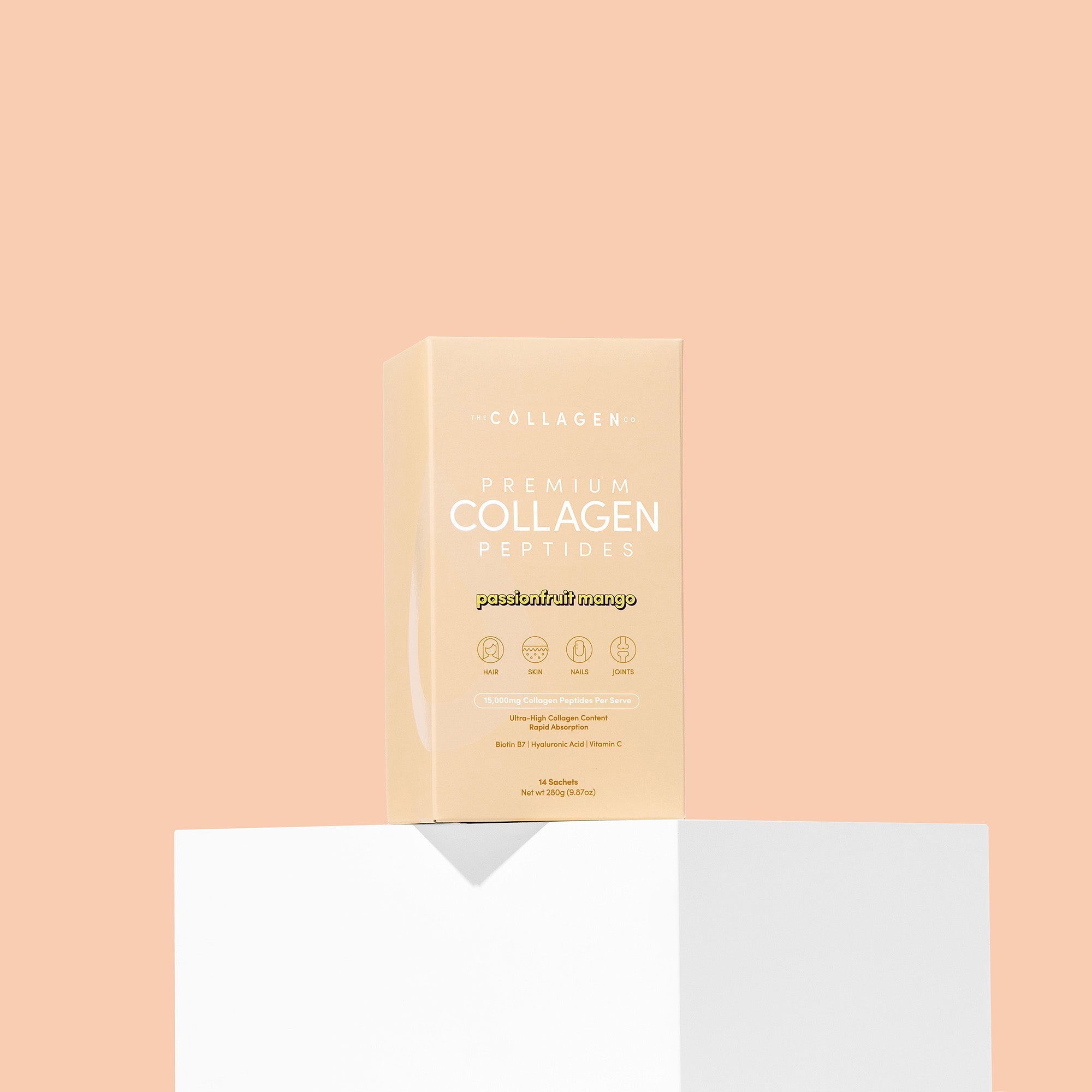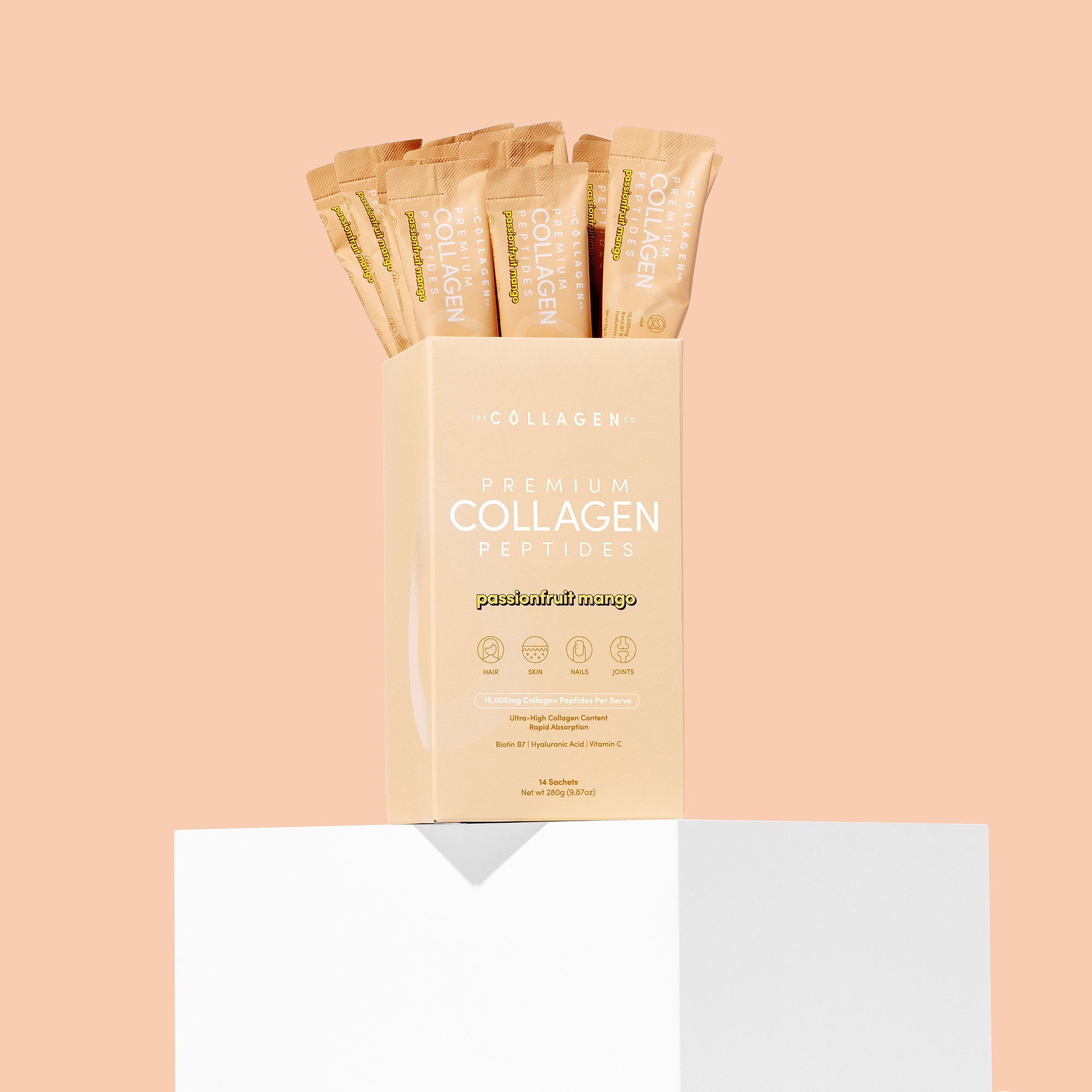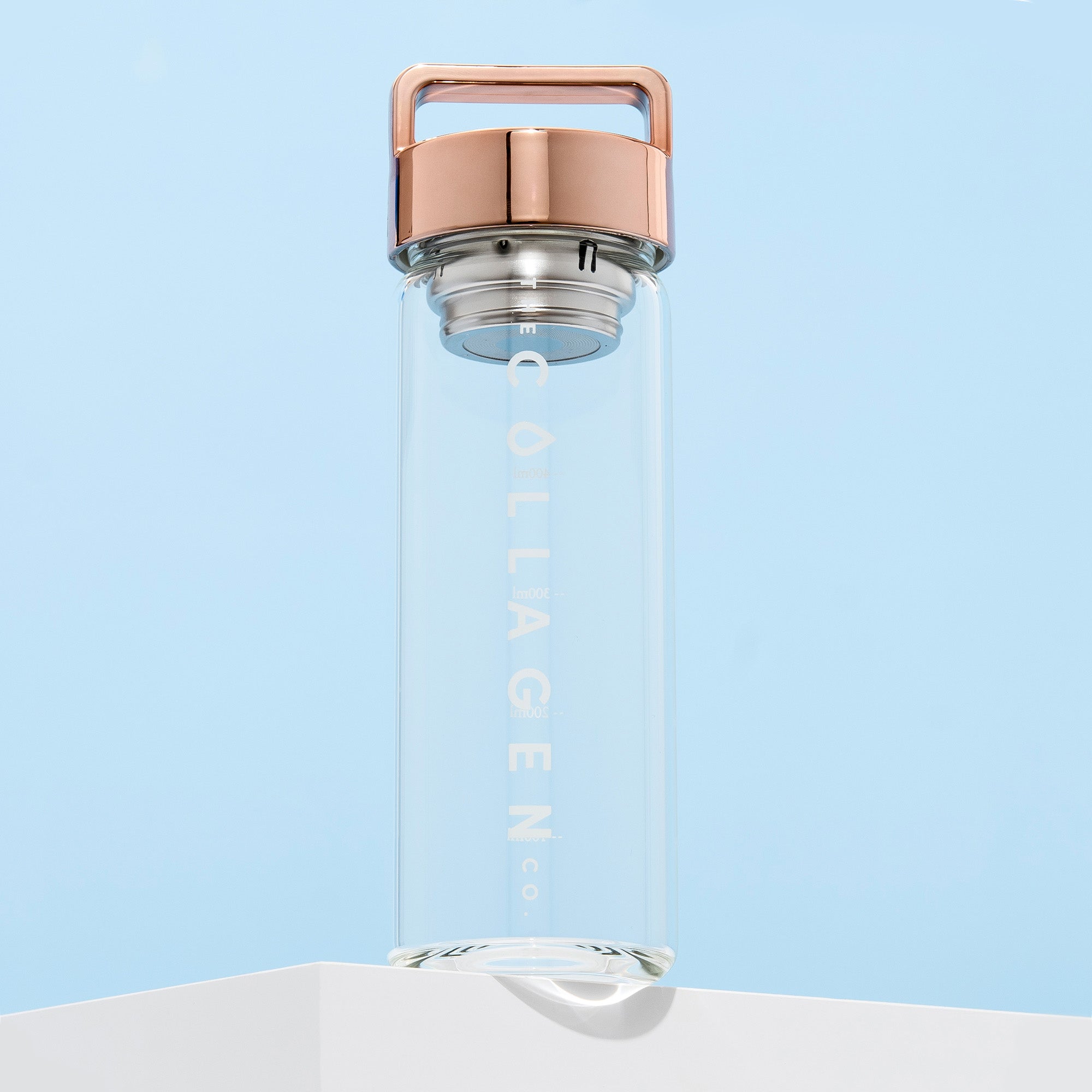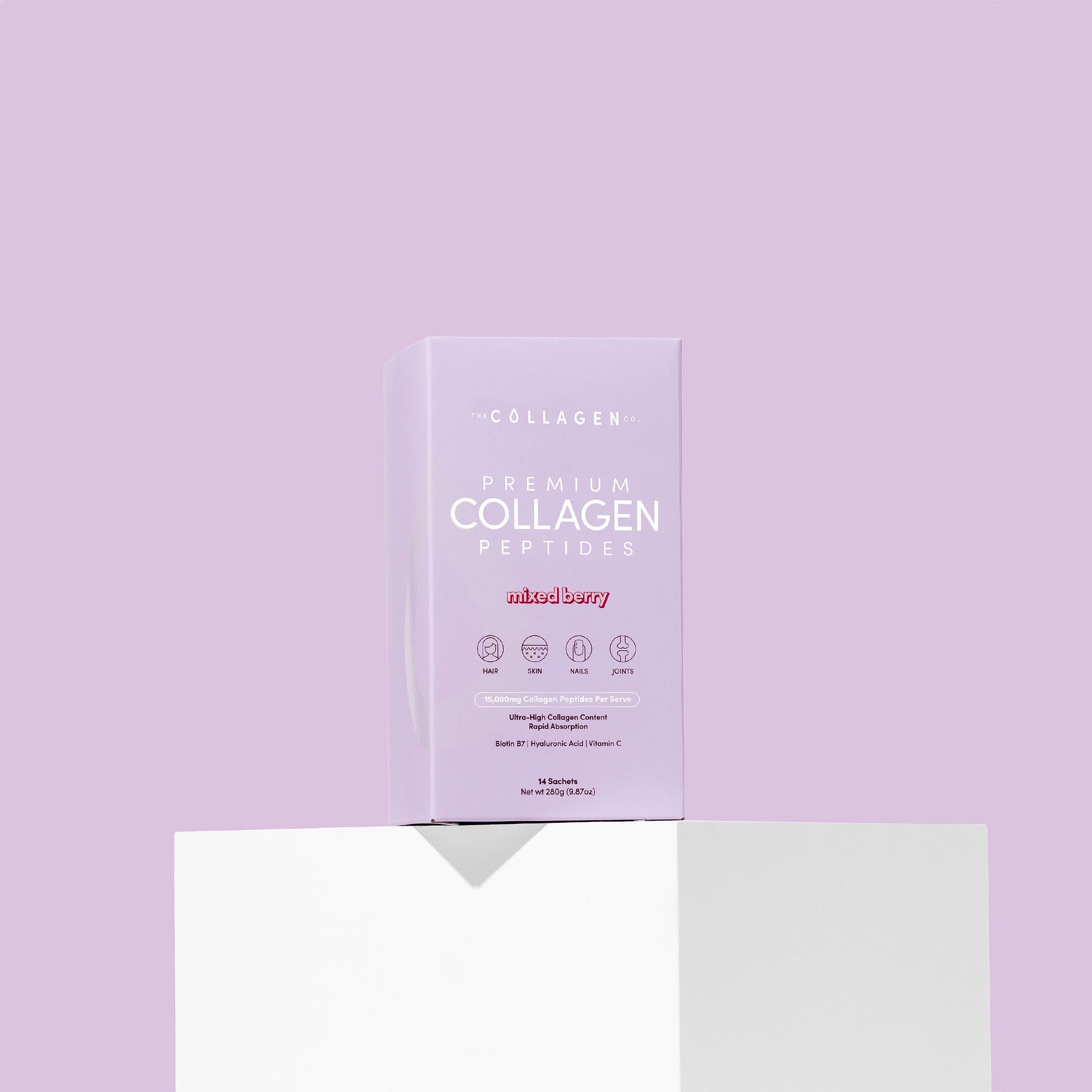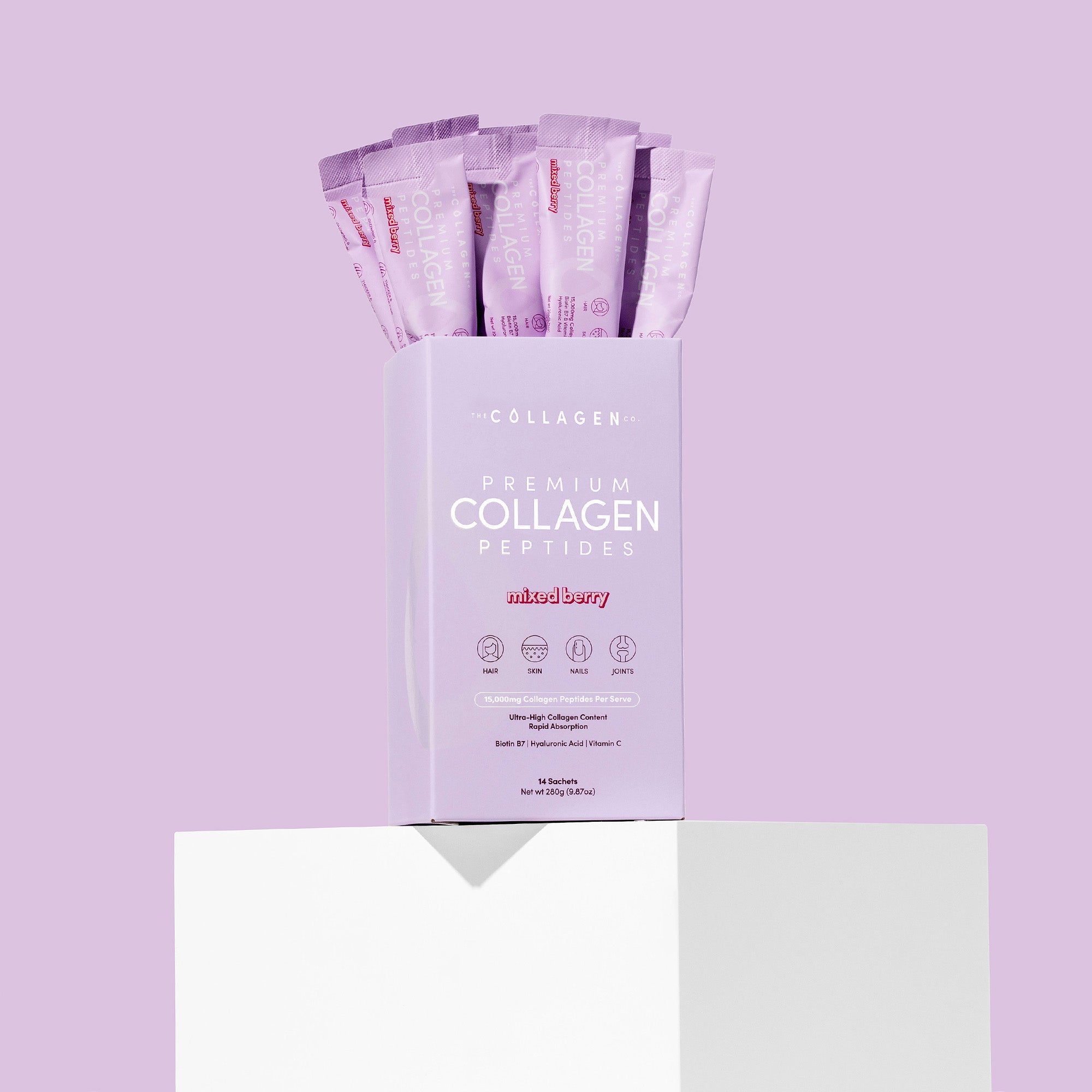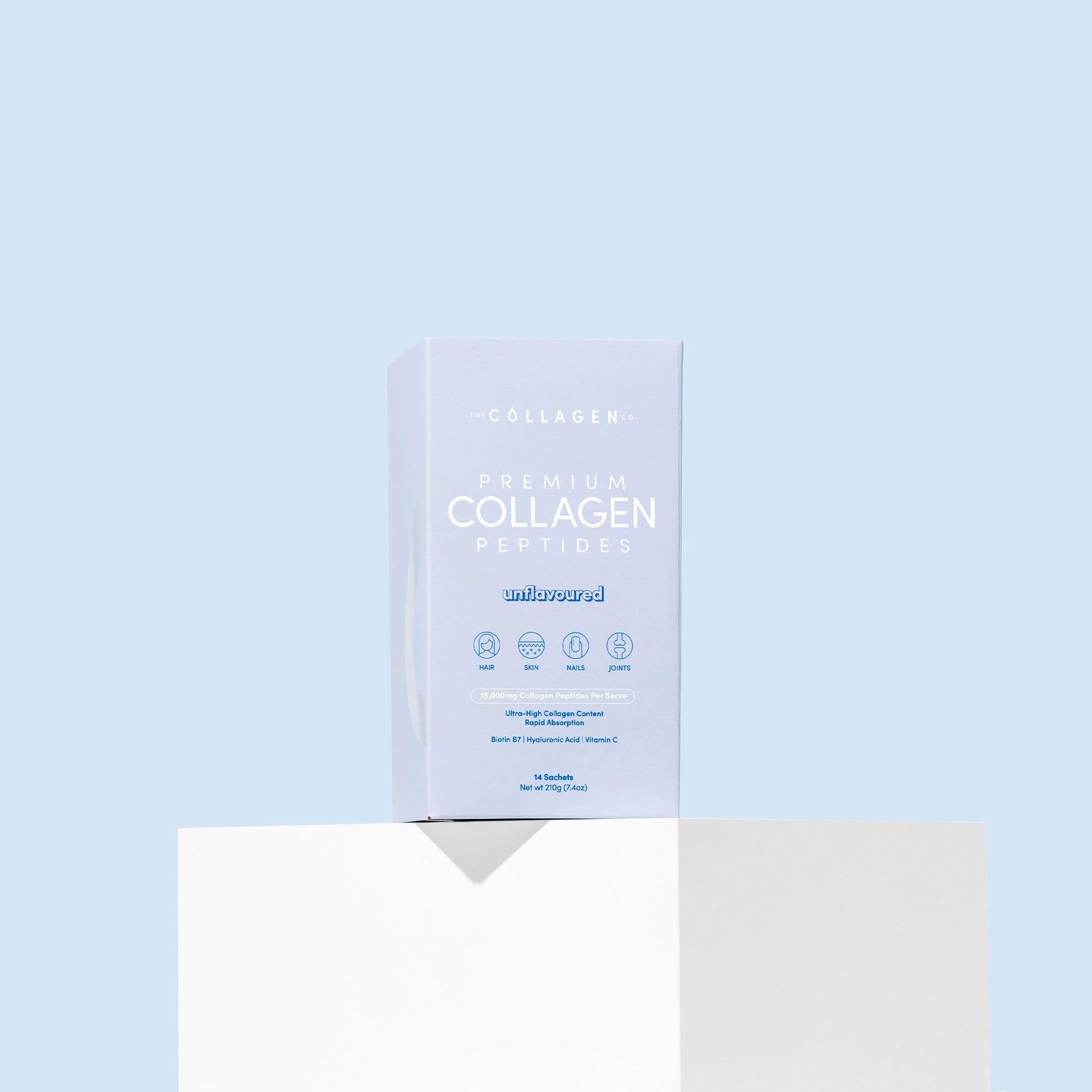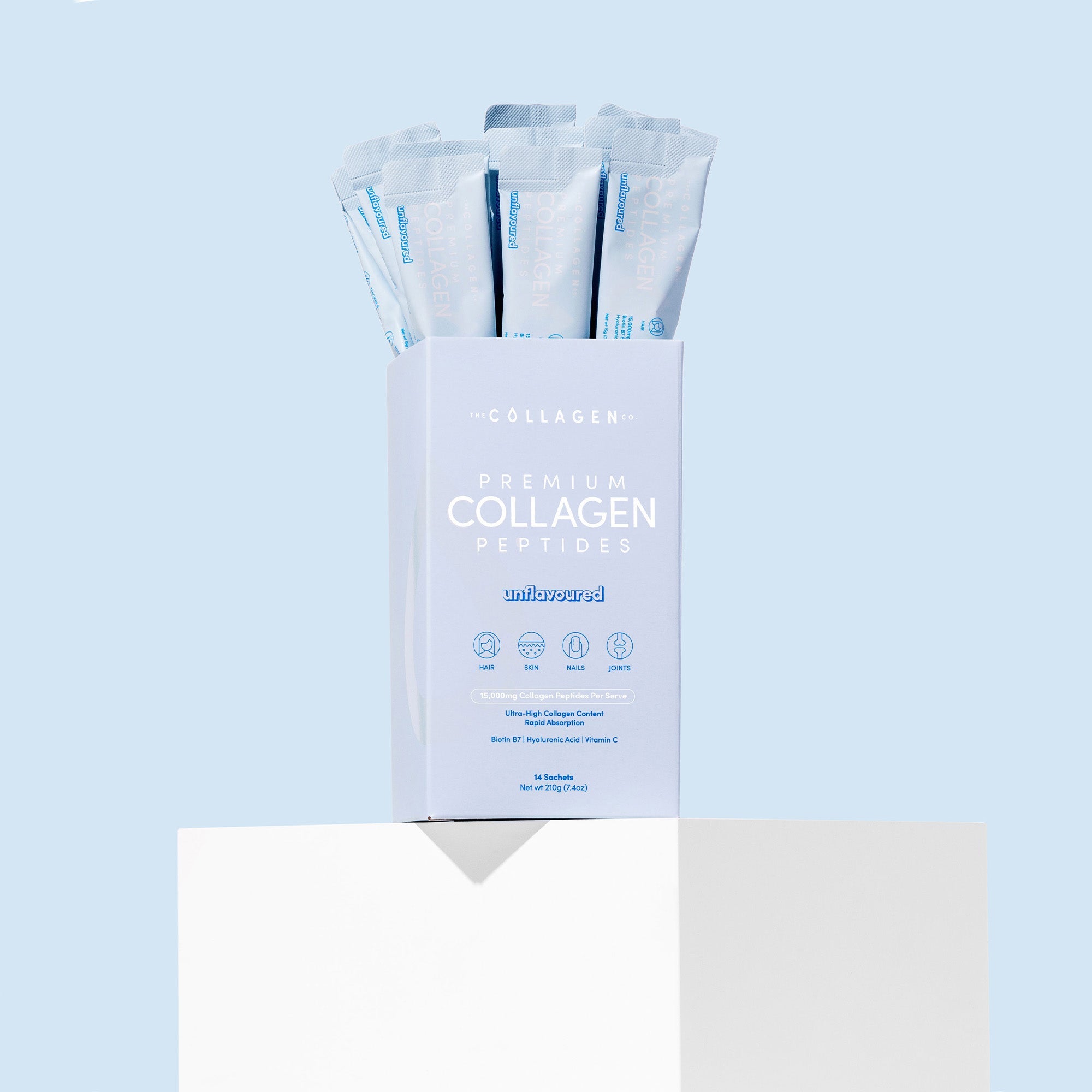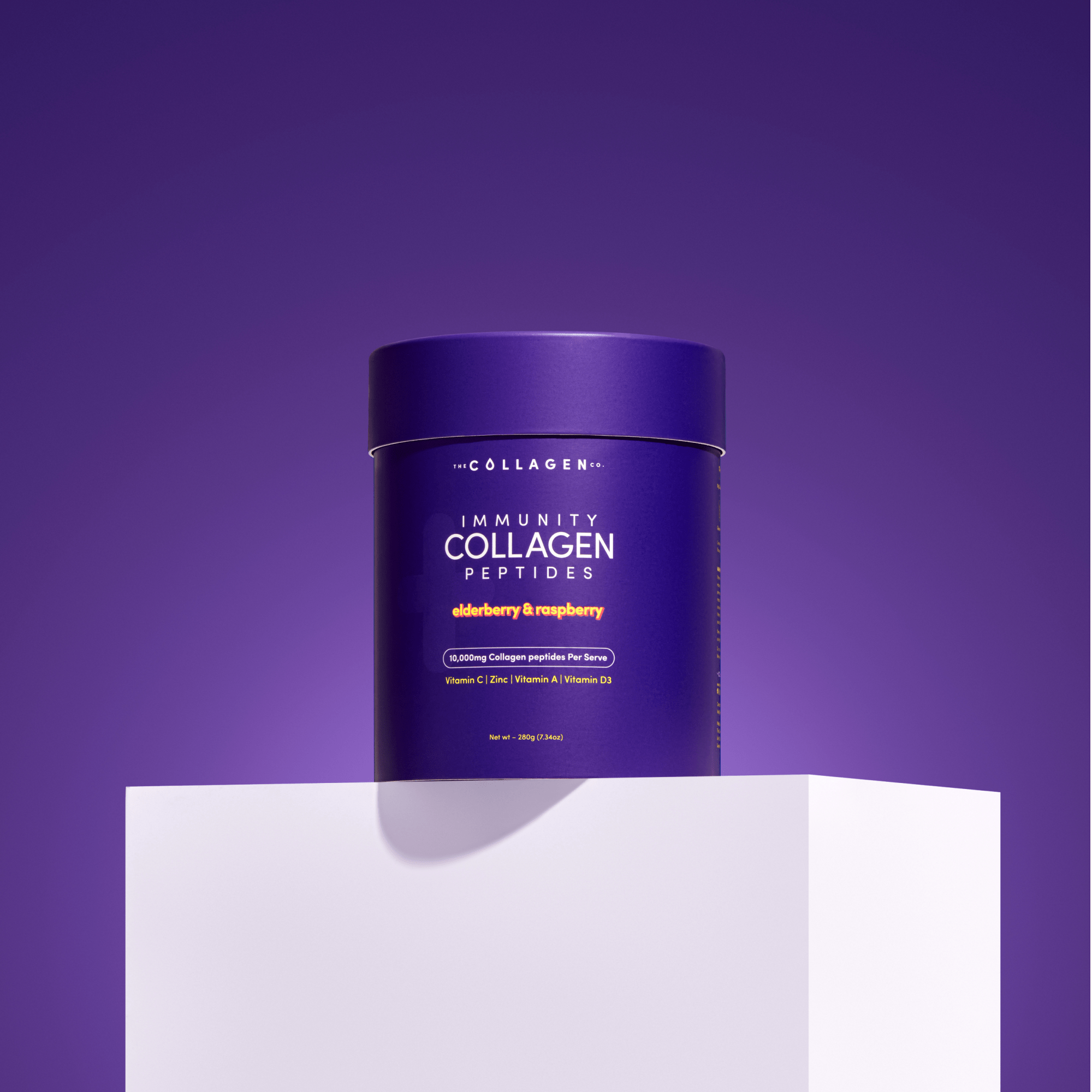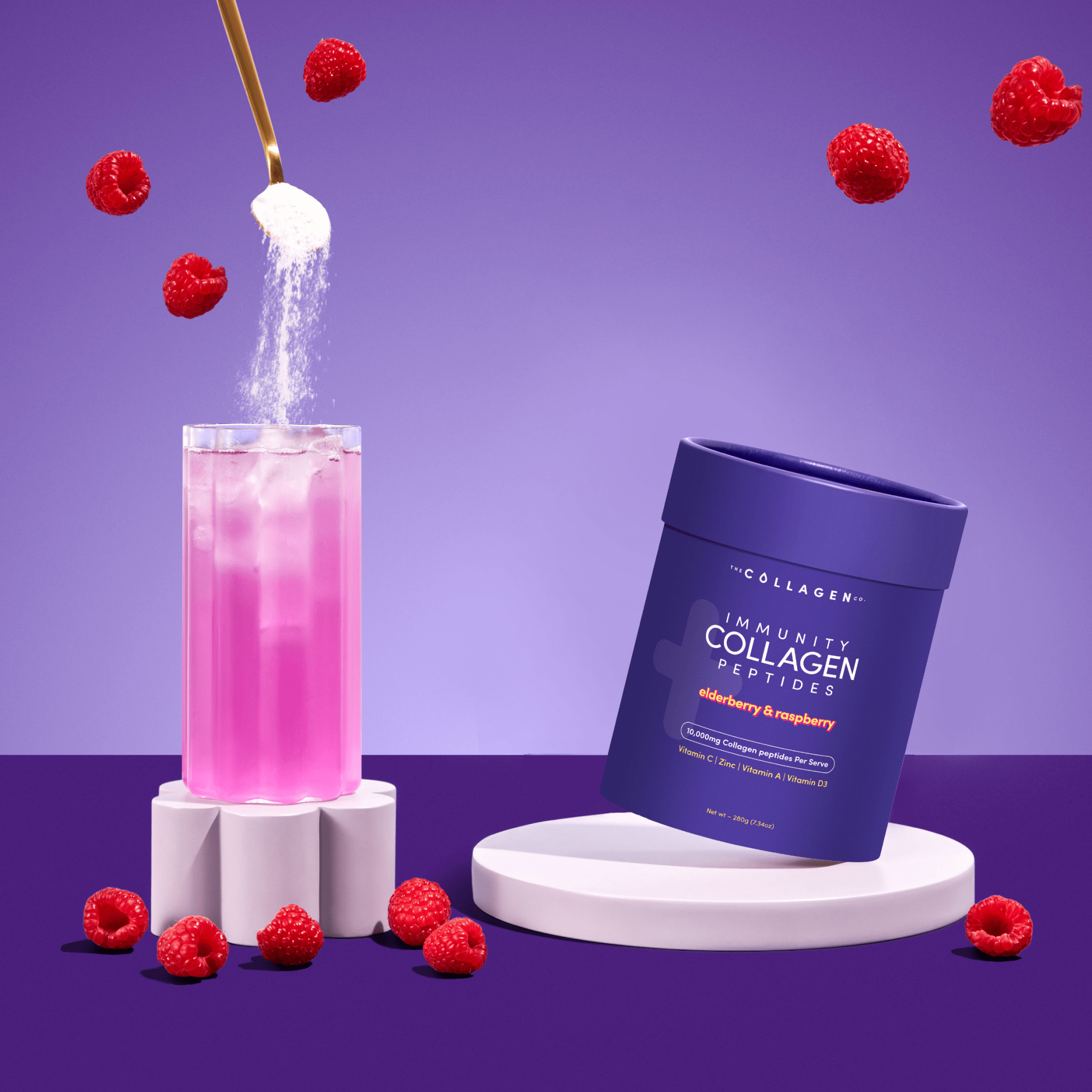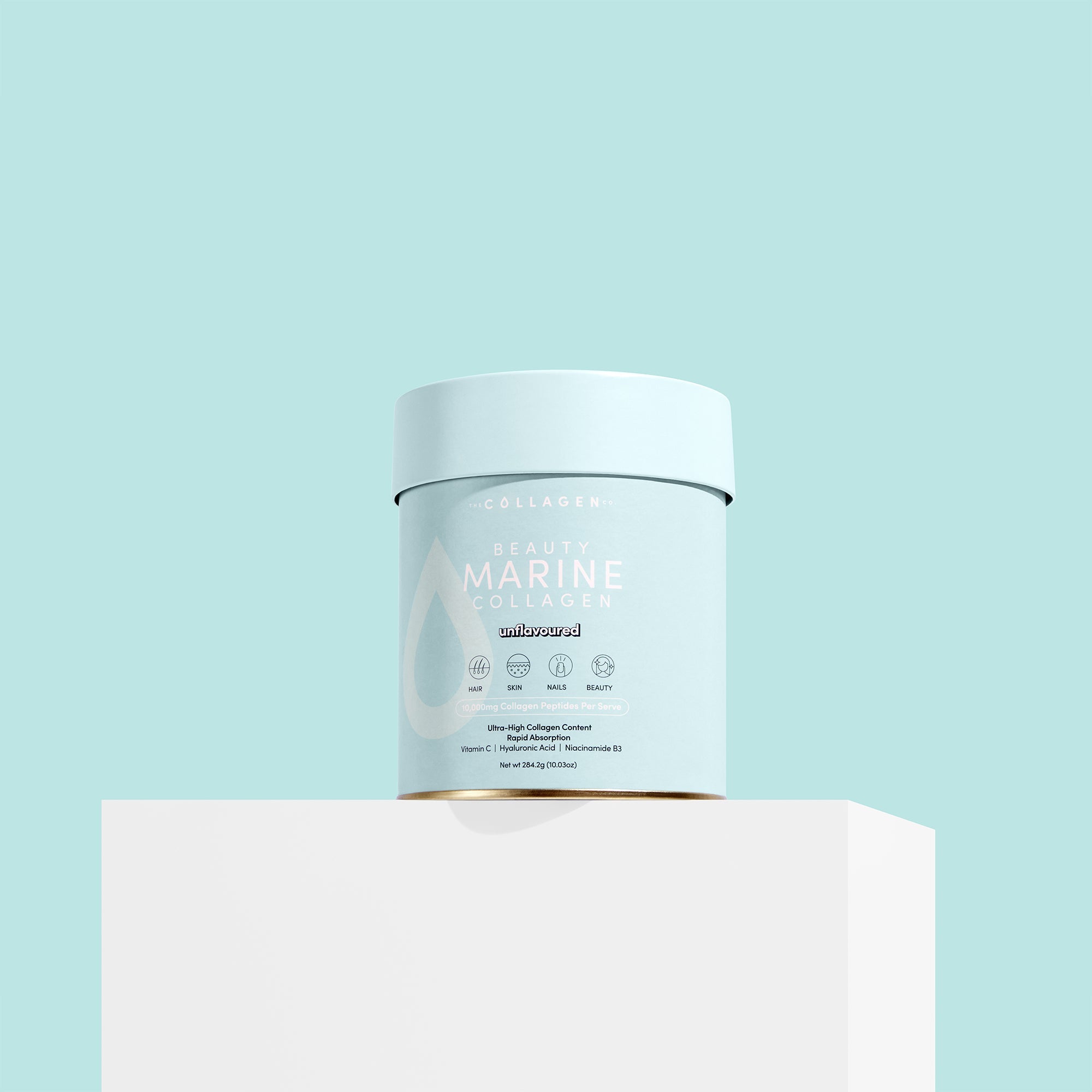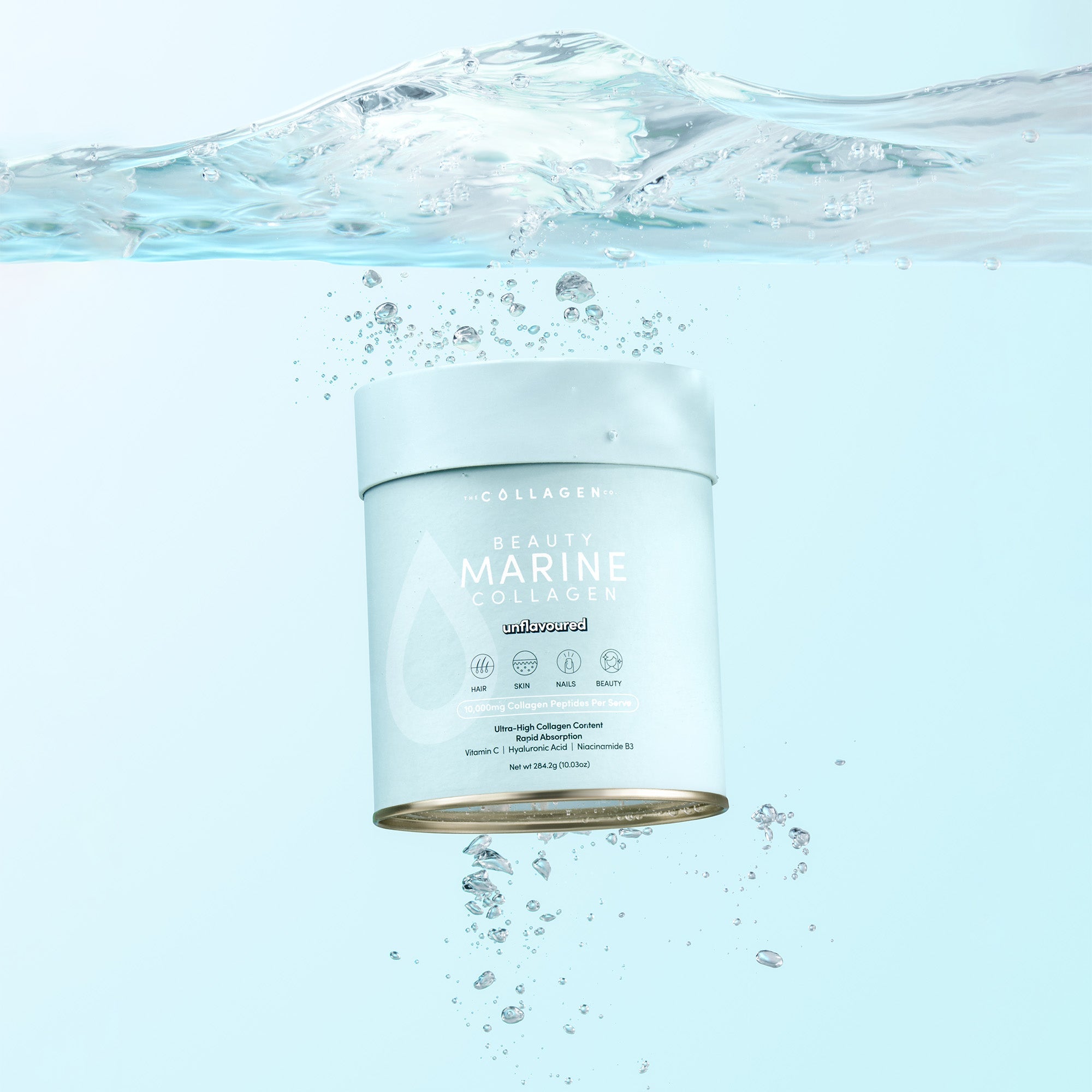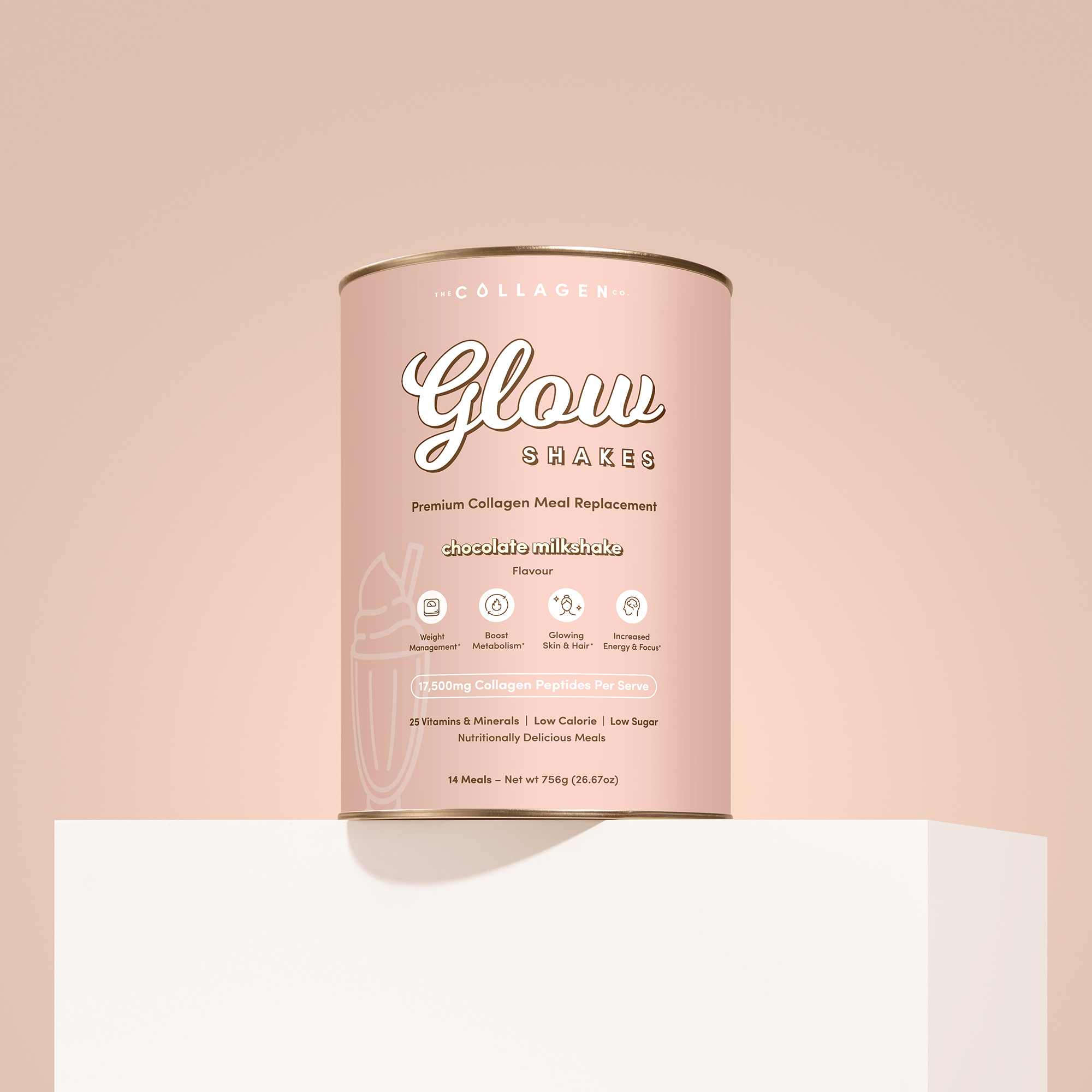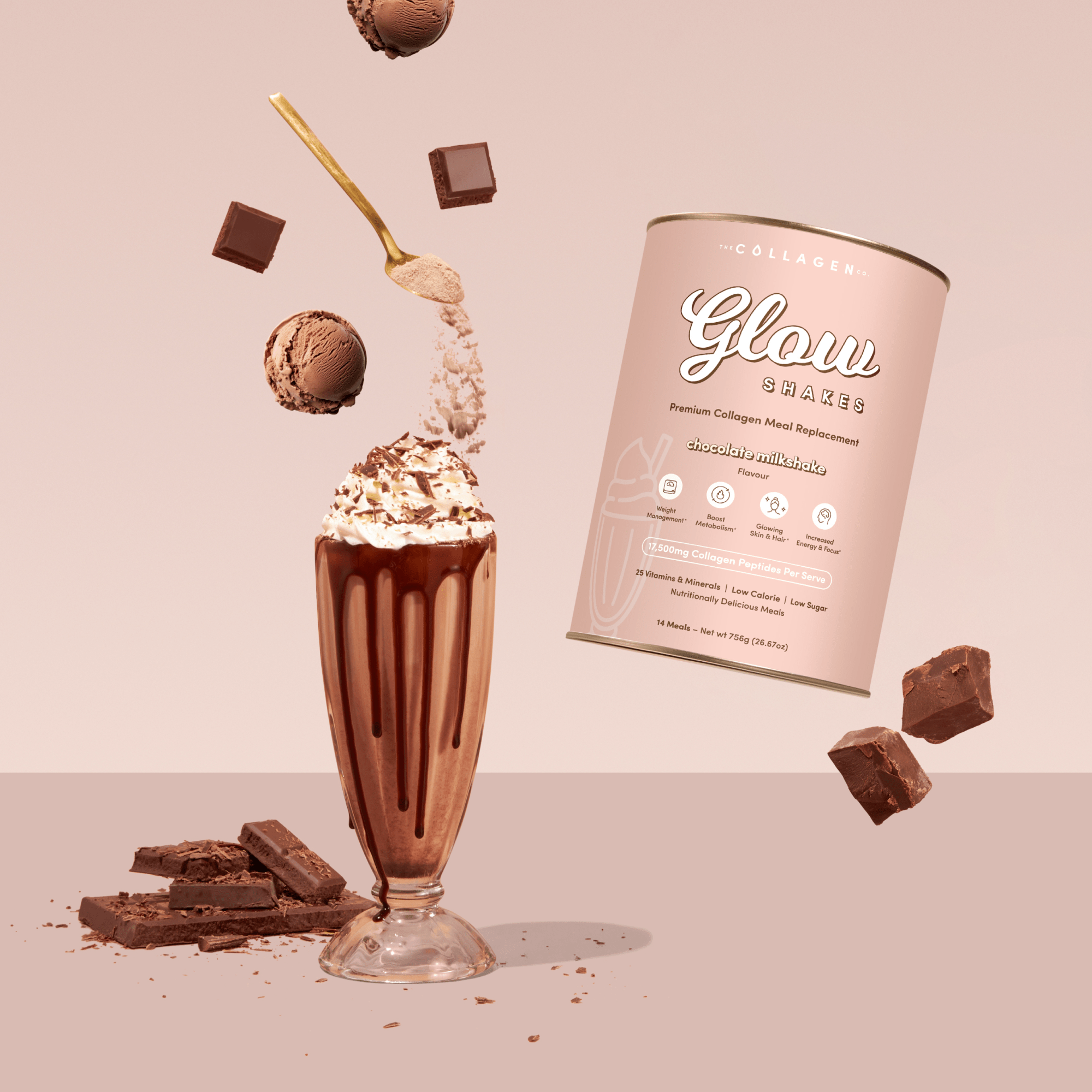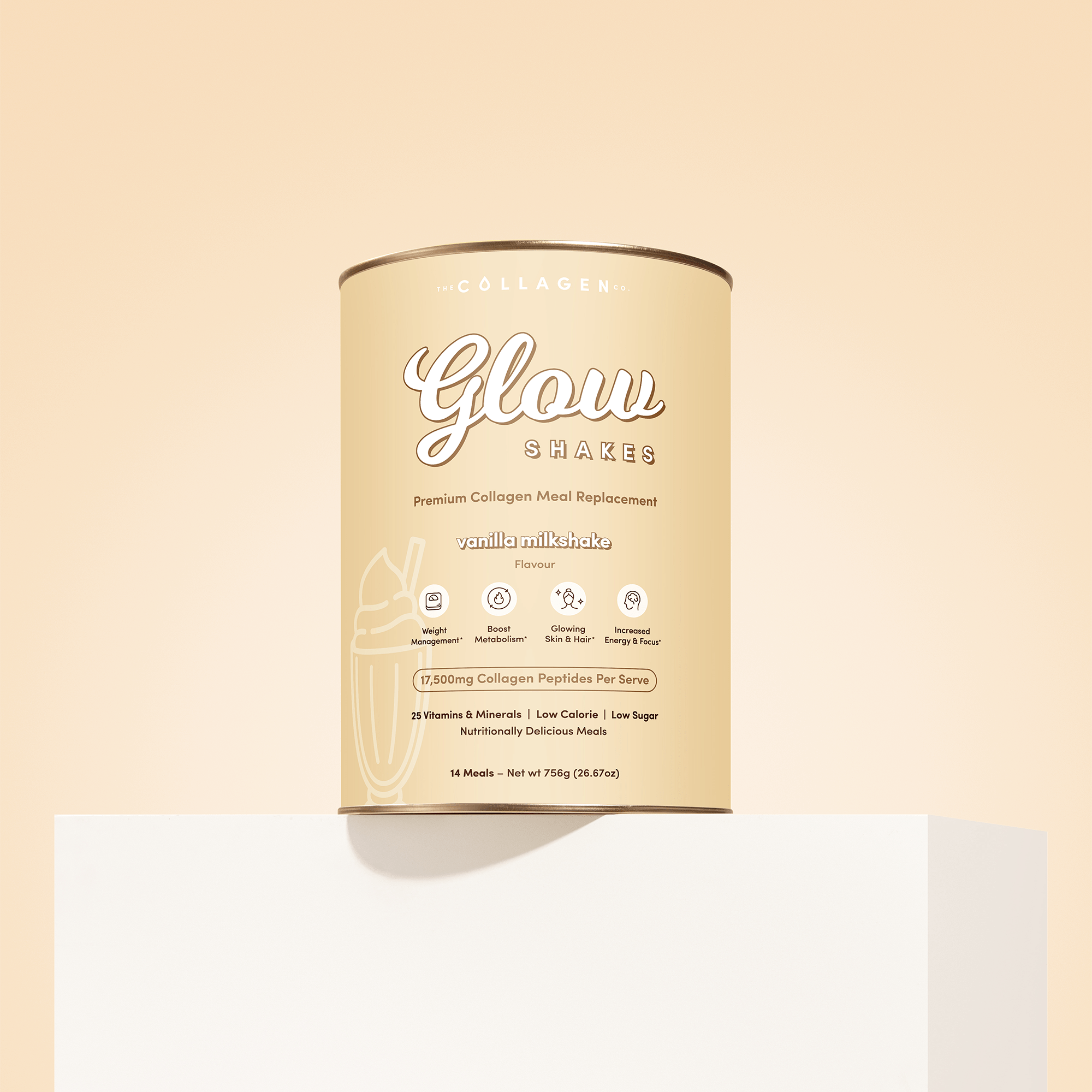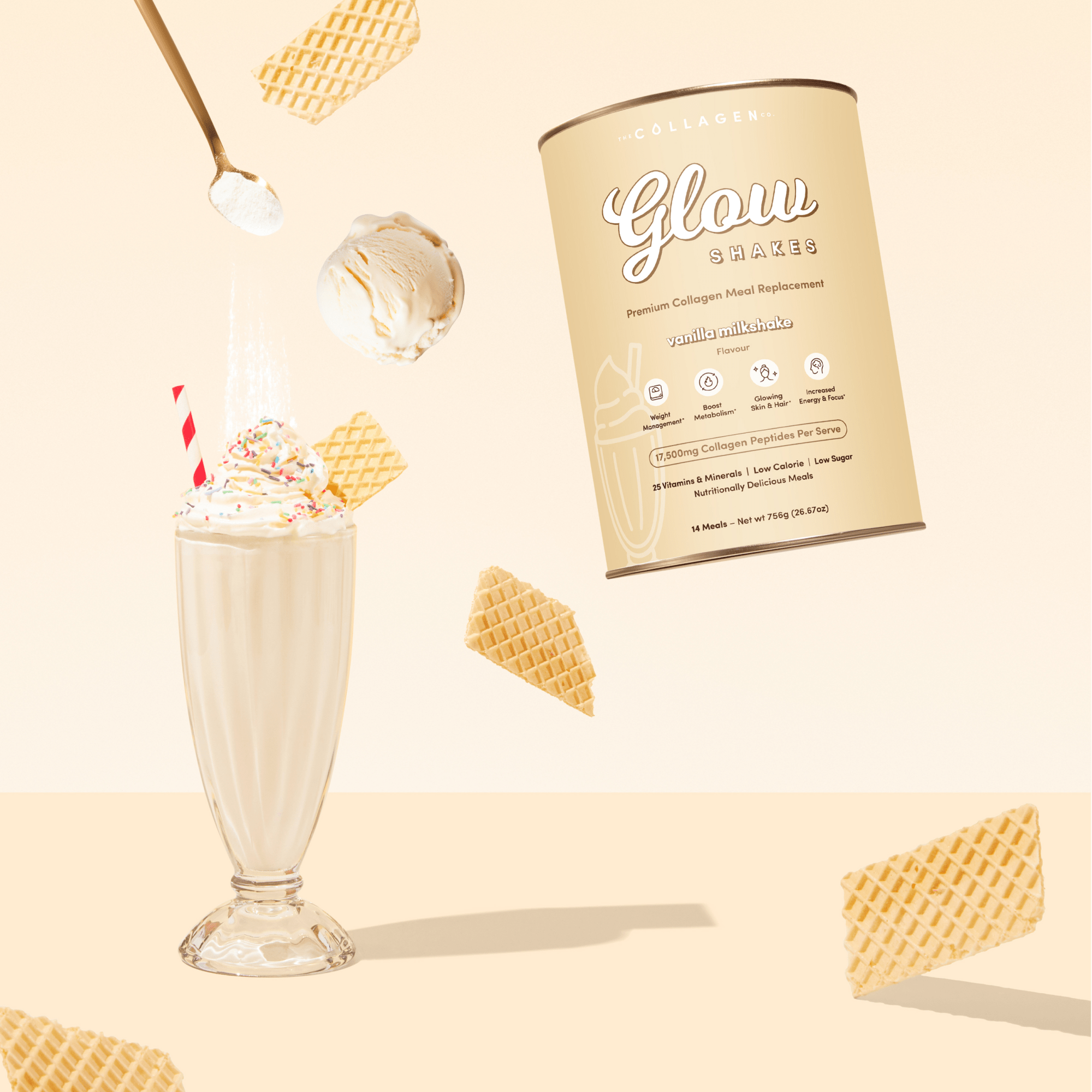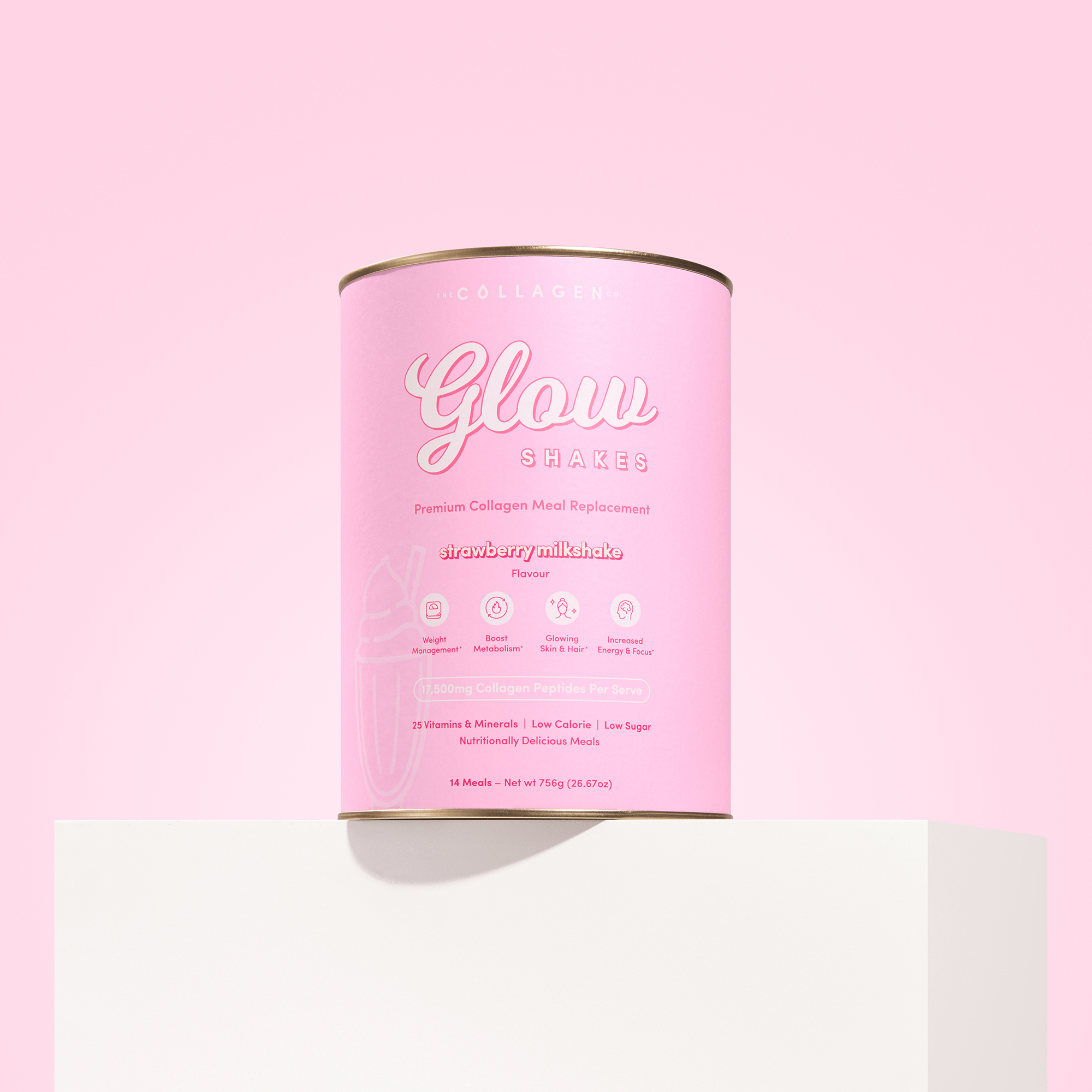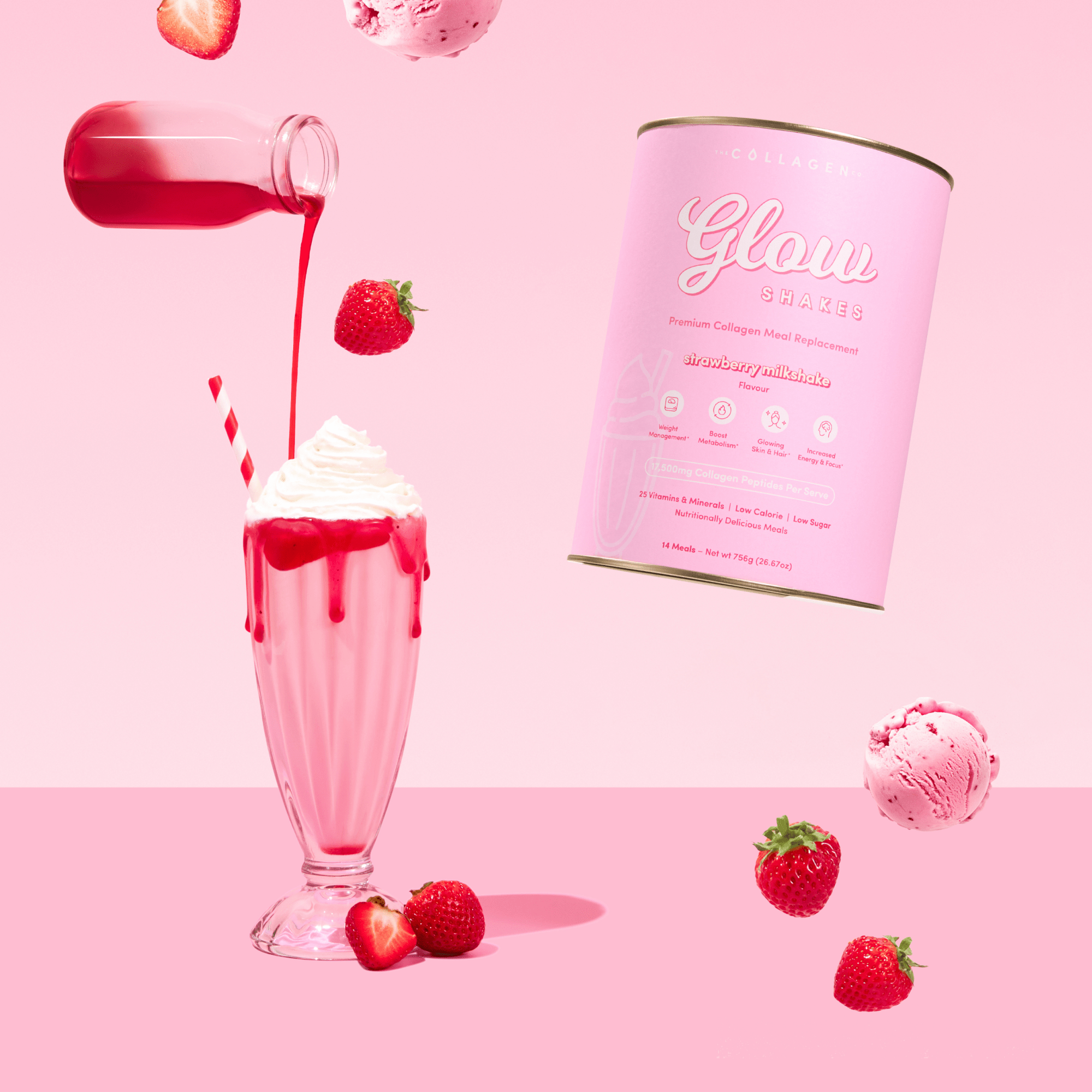How to Sleep Fast without Taking Melatonin (5 Tested Strategies)
Posted September 2023

Your head hits the pillow.
Instead of going from awake to peaceful slumber just like that *snaps fingers*, you’re stuck tossing and turning: “Maybe I’ll fall asleep with my arms over my head? Or with my legs slightly apart?” 6,478 bodily positions later … your eyes are still hopelessly wide open.
A melatonin supplement can be tempting with its promise of a good night's sleep.
But it’s worth a second thought. There’s very little research on melatonin supplements’ long-term safety and effectiveness. More worrying still, there appears to be a growing number of anecdotal reports of people craving melatonin — and/or being unable to sleep without it.
Are there safer alternatives available, though? Fortunately, yes. Here's how to sleep fast without taking melatonin.
#1: Improve sleep hygiene
Thinking about how to sleep fast naturally? A low-hanging fruit to pick would be improving your sleep hygiene:
- Create the right sleep environment: Your bedroom should be dark, quiet, and cool (15.6 to 20°C). And because cool bodies sleep better, you should also take a warm bath 1 to 2 hours before bed to speed up thermoregulation and fall asleep faster.
- Turn off all electronics: Exposure to light — such as the artificial blue light from your TV screen, mobile phone, and iPad — suppresses your body’s production of ZZZ-promoting melatonin. If you must use electronic devices, consider switching them to "nighttime mode" and investing in blue light-blocking glasses.
- Stick to a consistent sleep-wake schedule: Flip-flopping between wake-up times (e.g., 6 a.m. on workdays, then 1 p.m. on weekends and off days) throws your body off its circadian rhythm, an internal 24-hour clock. So, keep your sleep-wake schedule consistent; the less you deviate from it, the faster and better you’ll sleep.
- Follow the 25-minute rule: Don't stay in bed if you can't fall asleep (or back asleep) after 25 minutes. Get up and do a quiet activity, like a puzzle or reading, that'll make you drowsy. As you probably already know, you can't force sleep. Plus, the longer you spend awake on the bed, the more your brain will associate the bed with wakefulness. And you don't want that.
#2: Get sunlight every morning
As briefly mentioned earlier, light affects your circadian rhythm — and thus sleep quality.
While you should avoid light exposure at night, the same doesn’t apply during the daytime. More specifically, research shows that every additional hour spent outside basking in sunlight may bring forward sleep onset 30 minutes earlier.
Disclaimer: this isn’t to say you should spend hours suntanning on beaches.
Many experts believe that getting just 15 minutes of sunlight first thing every morning would suffice.
And, of course, please don’t forget to adopt sun safety practices, such as wearing a broad-spectrum sunscreen with an SPF value of 30 or higher on exposed skin whenever outdoors to prevent premature skin aging and lower skin cancer risk.
#3: Stay physically active
How to sleep fast naturally? Move your body. Exercise.
A 2017 systematic review of 29 studies published in Advances in Preventive Medicine found that daily exercise, regardless of the type or intensity, helps people fall asleep faster and stay asleep longer.
Other research has also found that people with chronic insomnia can fall asleep about 13 minutes faster and gain up to 20 extra minutes of sleep nightly by starting an exercise routine.
But a word of advice: timing matters.
Vigorous exercise too close to bedtime raises your body's core temperature, "waking" it up instead of putting it to sleep. This means you should ideally end your exercise at least 4 hours before retreating to the comforts of your bed.
#4: Be mindful of your caffeine intake
Caffeine and sleep are about as compatible as fire and water — which is to say, not at all.
But if you're amongst the many adults who cannot function without the world's favourite stimulant, you may wonder, "How many hours before bedtime should I stop caffeine ingestion?"
Thankfully, researchers in a recent 2023 meta-analysis published in Sleep Medicine Reviews had the same question — and sought to identify the time after which caffeine should not be consumed before bedtime.
Their meta-regression model suggested that a caffeine dose of:
- 217.5 mg (e.g., pre-workout supplement): Have it at least 13 hours before bed
- 107 mg (e.g., coffee): Have it at least 9 hours before bed
- 50 mg (e.g., black tea): Small doses don't appear to affect sleep negatively
Woah, wait. Small doses don’t affect sleep? Yes.
But that applies only to individual caffeine doses; multiple quantities will accumulate in your blood and eventually reach a point where it negatively affects your sleep.
If all that sounds unnecessarily complicated and you’d still like to learn how to fall asleep faster by managing your caffeine intake, here are 2 easy takeaways:
- Consuming as little caffeine as possible, and
- “Front-loading” it earlier in your day
#5: Look into natural sleep supplements
Wondering how to sleep better without supplements? Good news: melatonin isn’t the only sleep aid supplement available.
In fact, there are plenty of other science-backed, sleep-inducing supplements that are safe and natural. These could help you send those uncounted sheep off to pasture.
Examples include:
- Magnesium: Regulates neurotransmitters and melatonin production, promoting relaxation and improving sleep quality.
- Zinc: Regulates sleep patterns and melatonin synthesis, contributing to better sleep quality and a healthy sleep-wake cycle.
- Chamomile: Exerts mild sedative effects, reduces anxiety, and improves sleep quality.
- L-tryptophan: Promotes relaxation and restful sleep by aiding in the production of serotonin and melatonin.
- L-theanine: Enhances sleep quality by inducing relaxation and reducing anxiety through increased alpha brain wave activity.
- Passionflower: Reduces anxiety, improves sleep quality, and promotes relaxation by increasing GABA levels.
- Valerian root: Acts as a natural sleep aid, promoting relaxation and supporting better sleep.
Thinking, "That's so many ingredients?!" *ahem* Well, it just so happens that we've combined all of them into 1 delicious, hot-chocolate formula (cozy, snoozy, snuggly feels!) in our latest product: Collagen Dream.
As the name suggests, we've also thrown in hydrolyzed collagen peptides for good measure — so in addition to sleeping well, you’ll also wake up with a glow-up.
Click here for blissful feelings of calmness, relaxation, and sleepiness.


